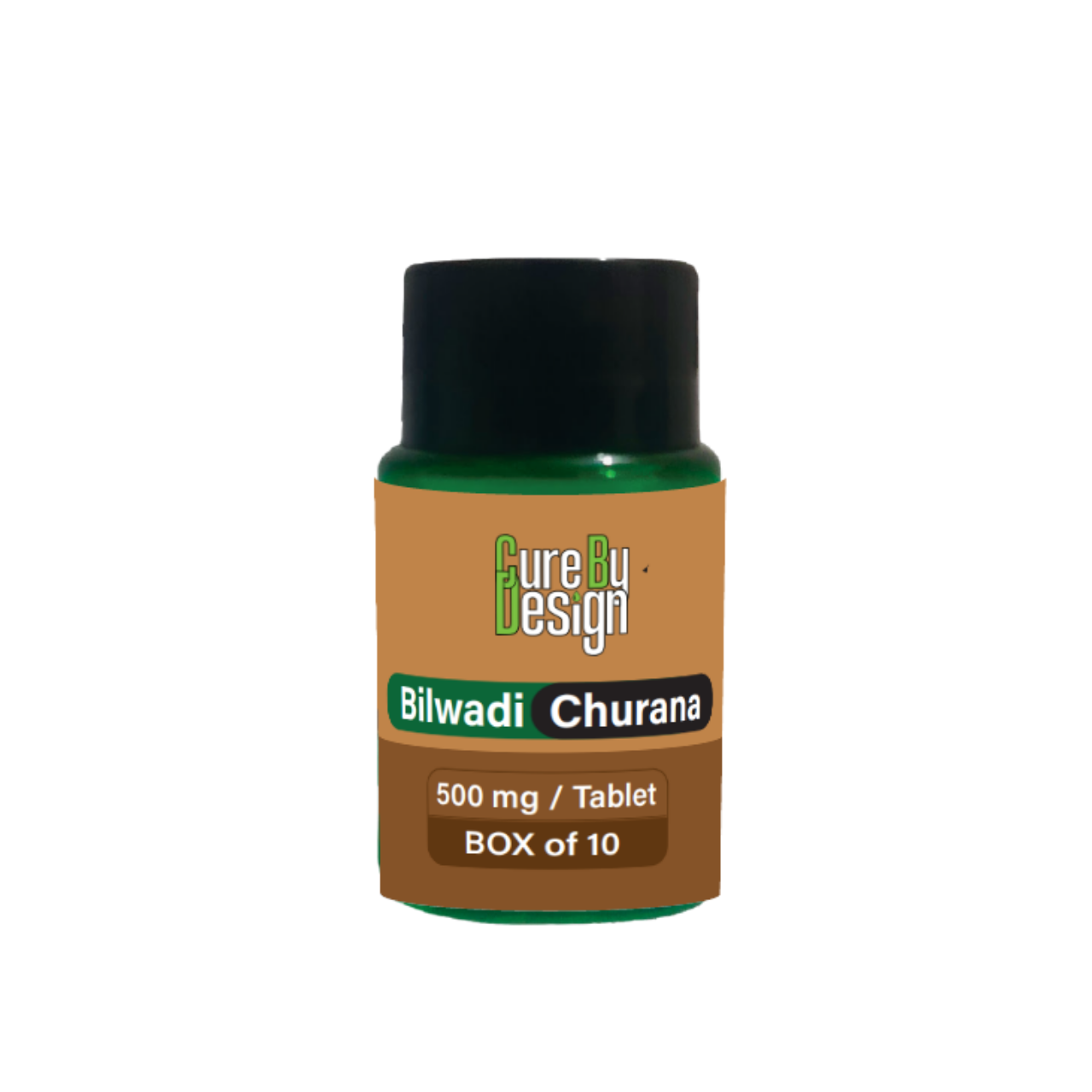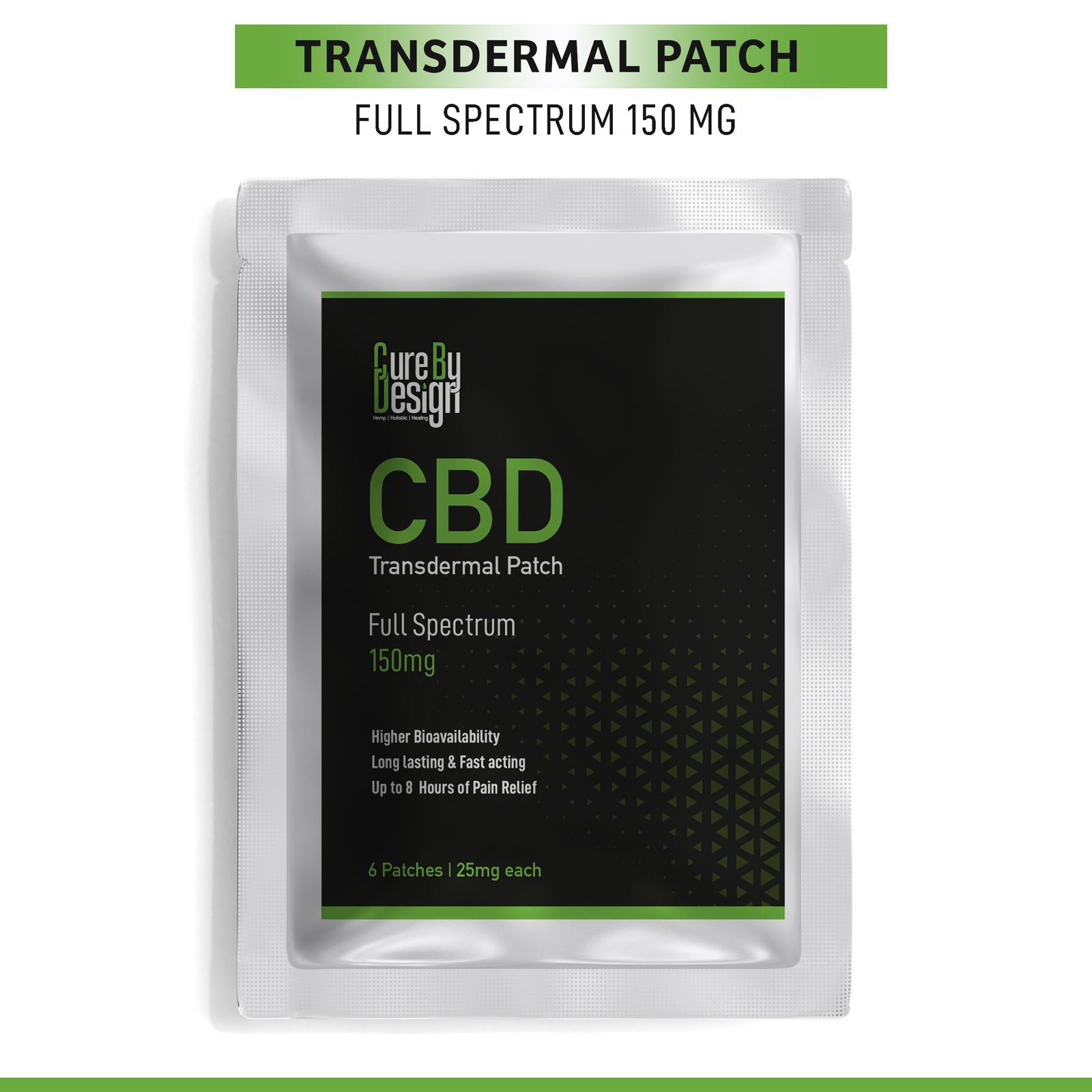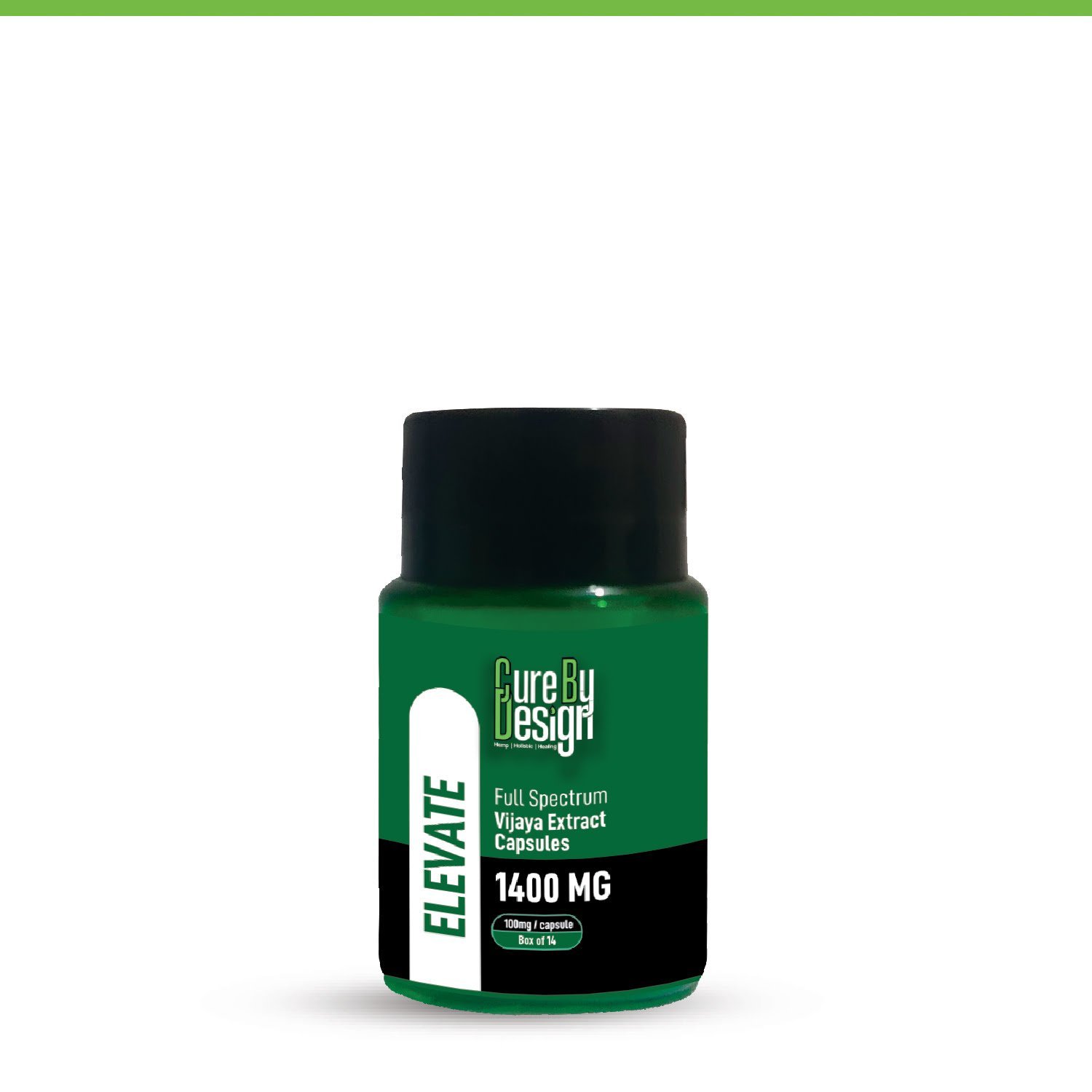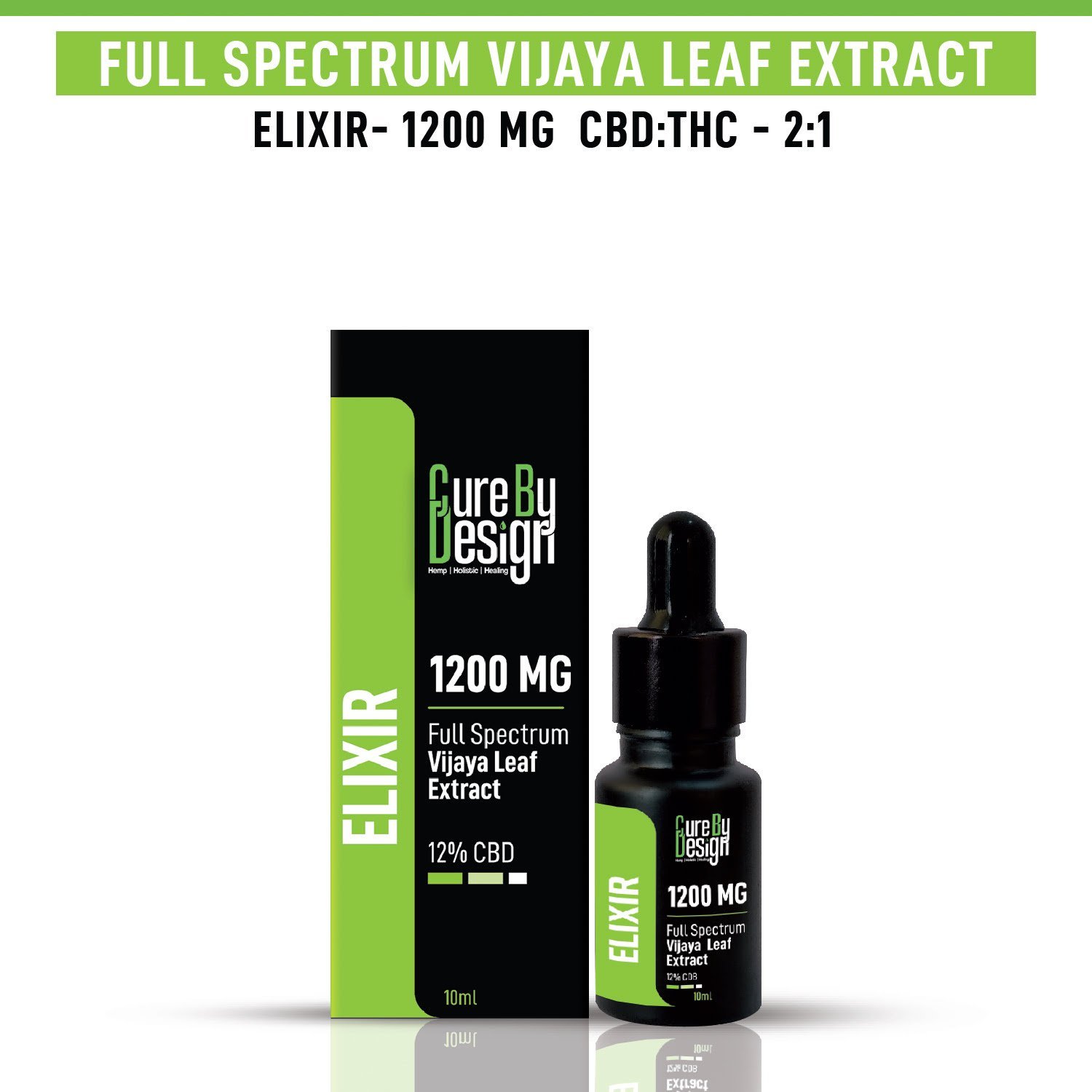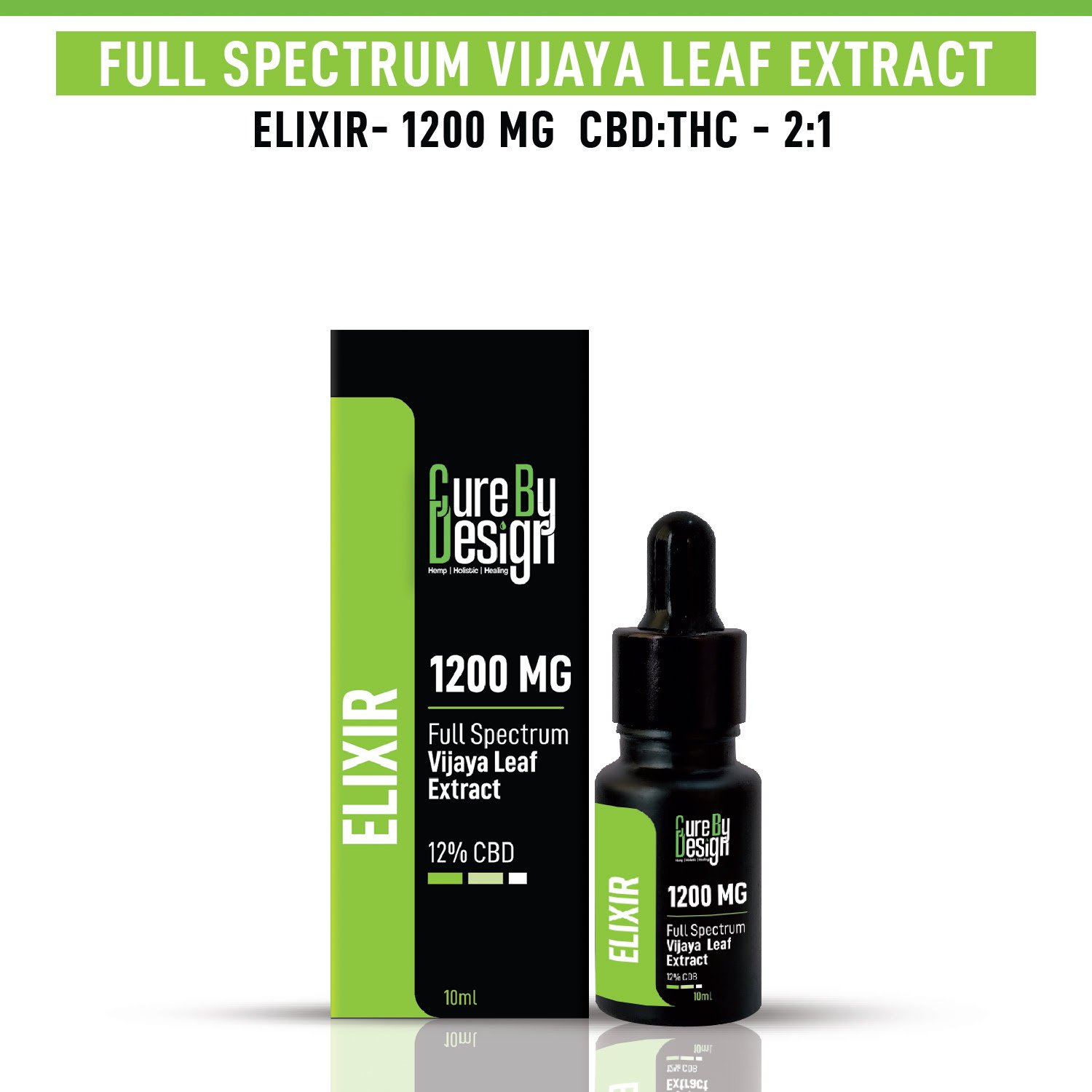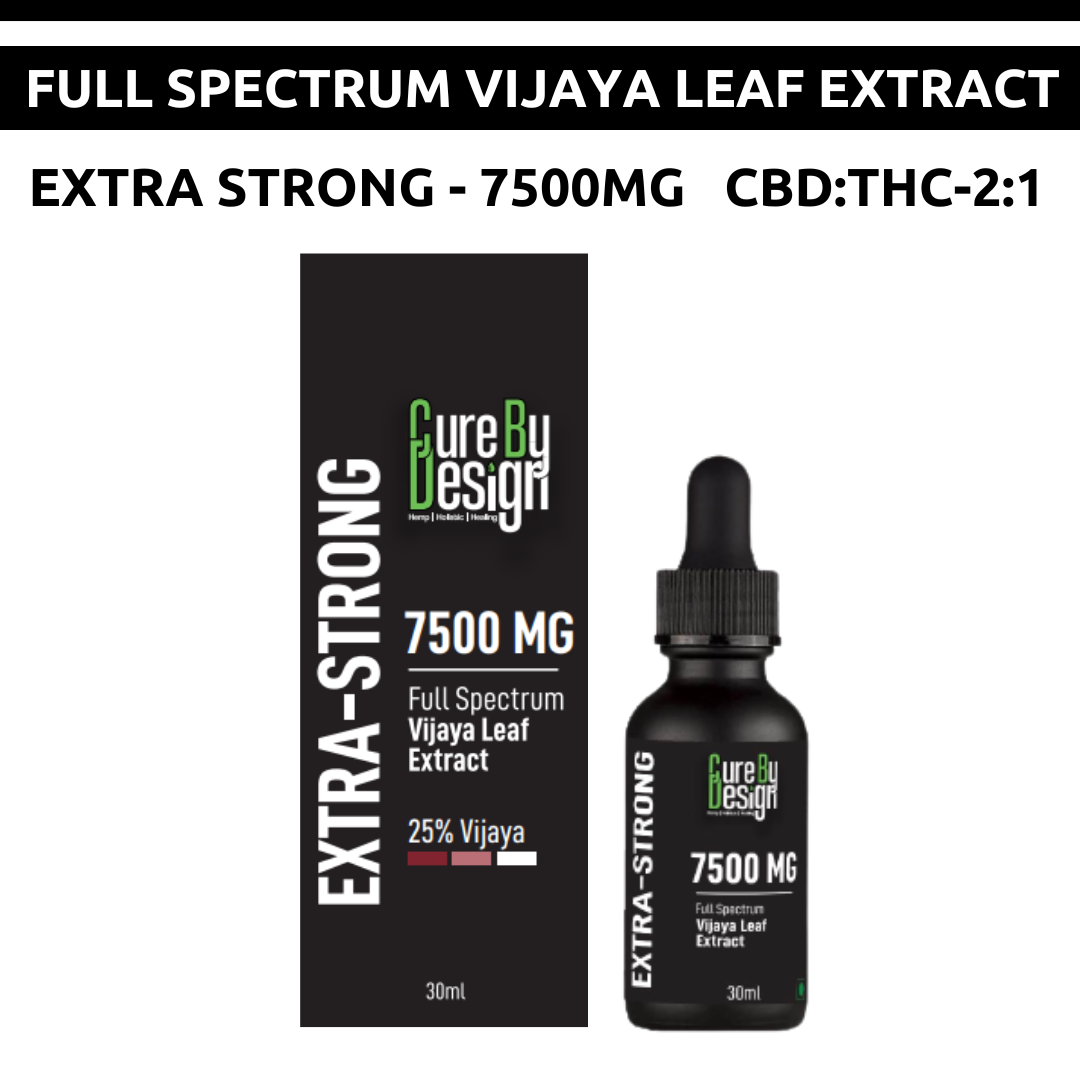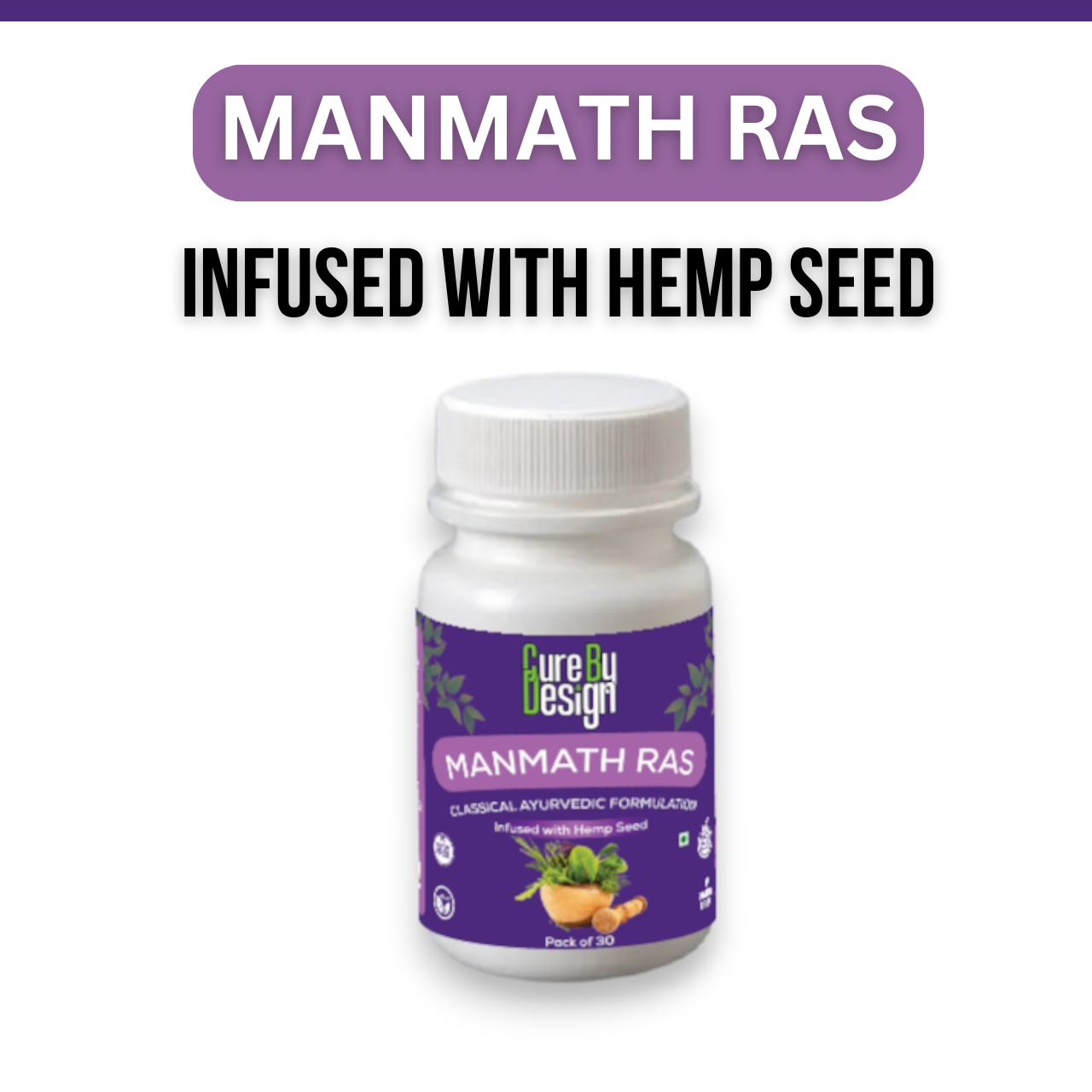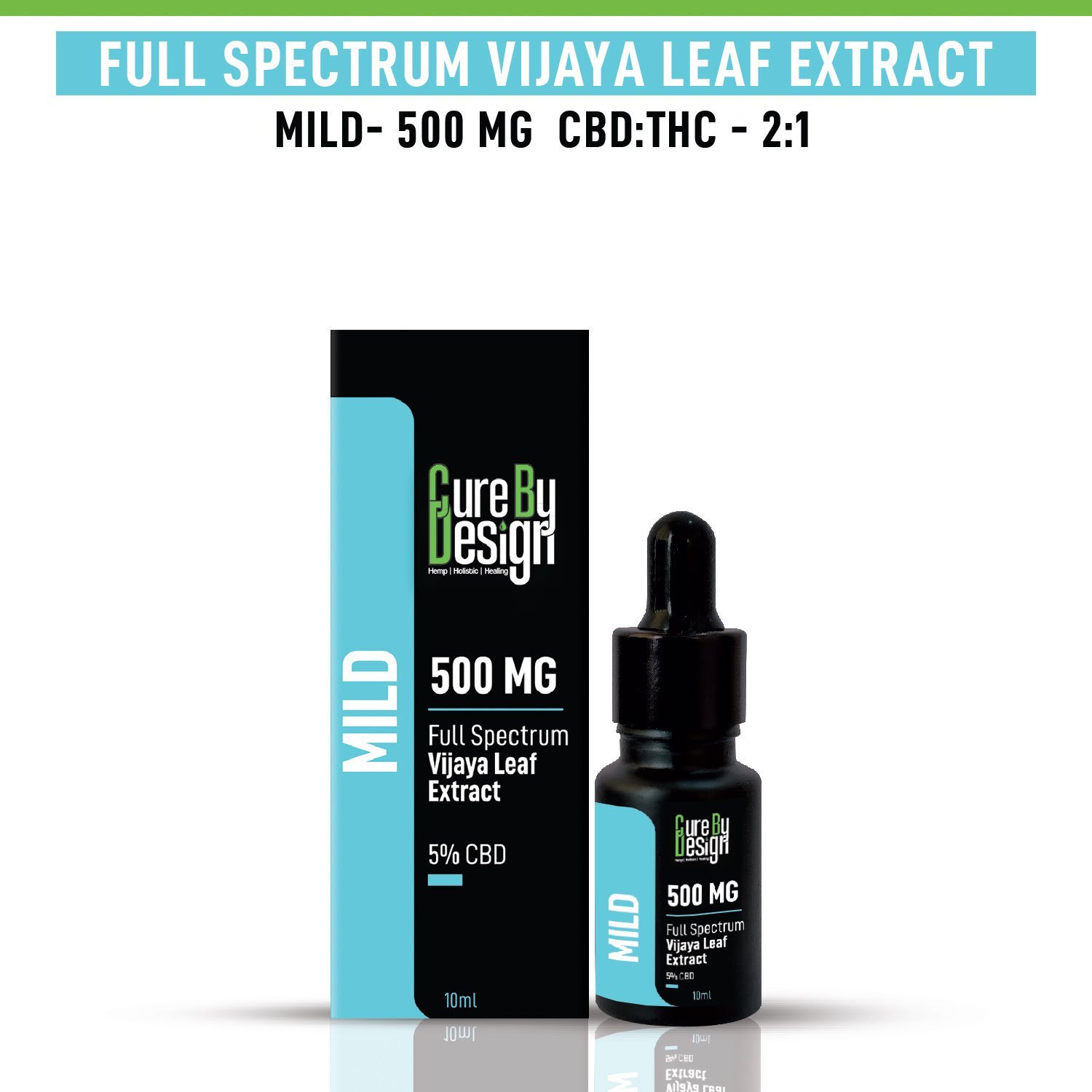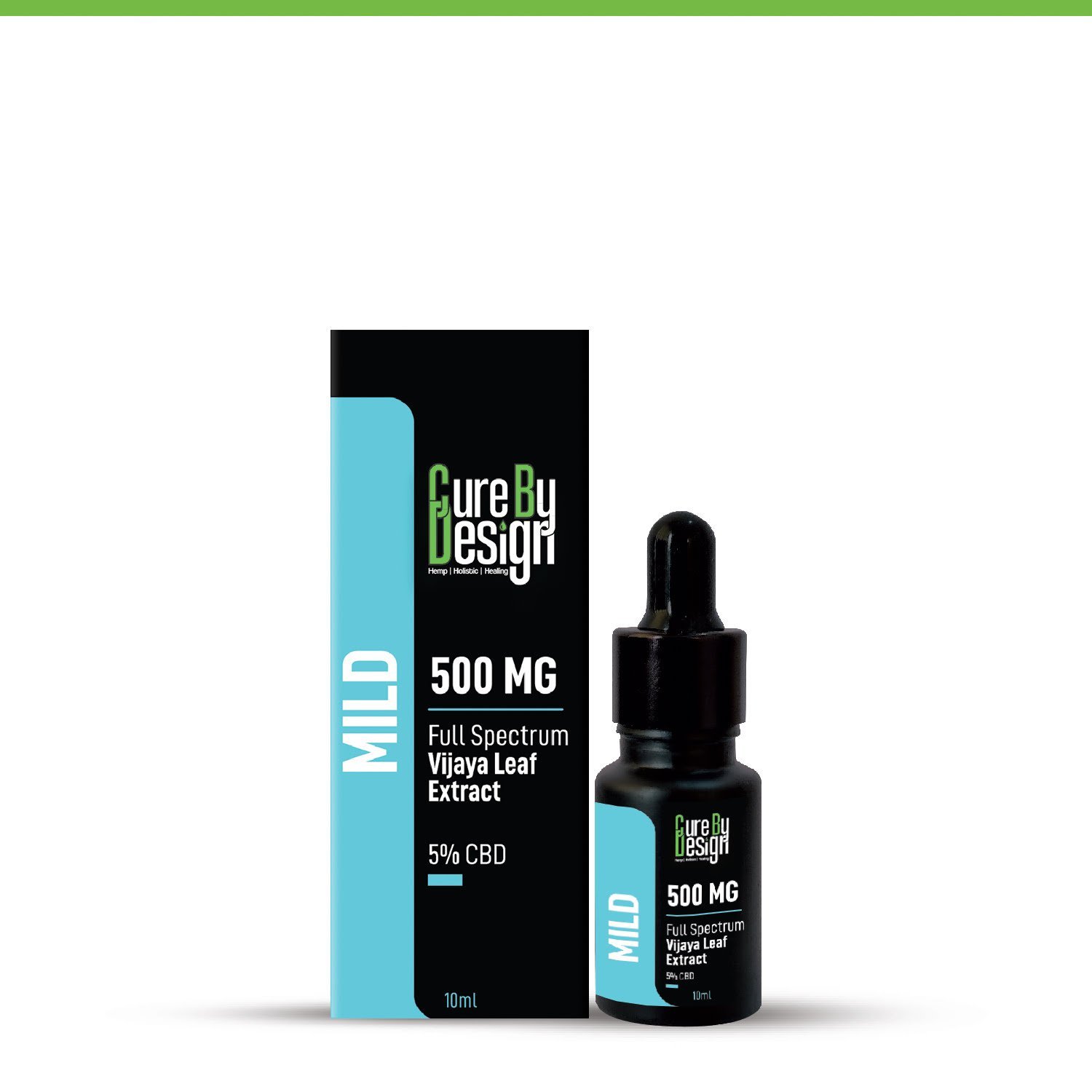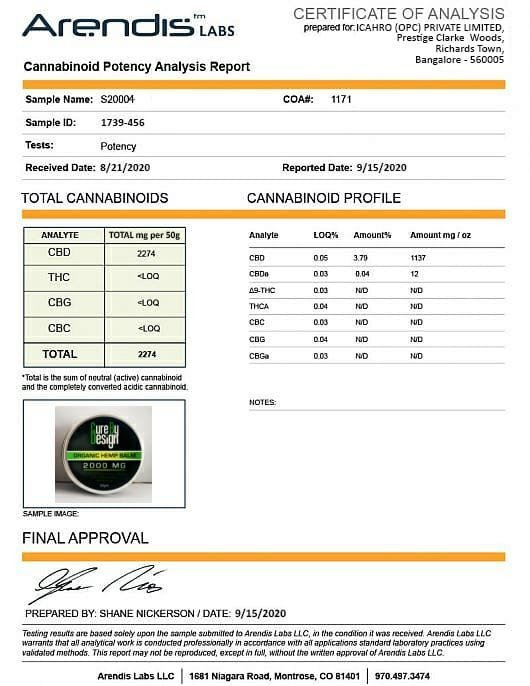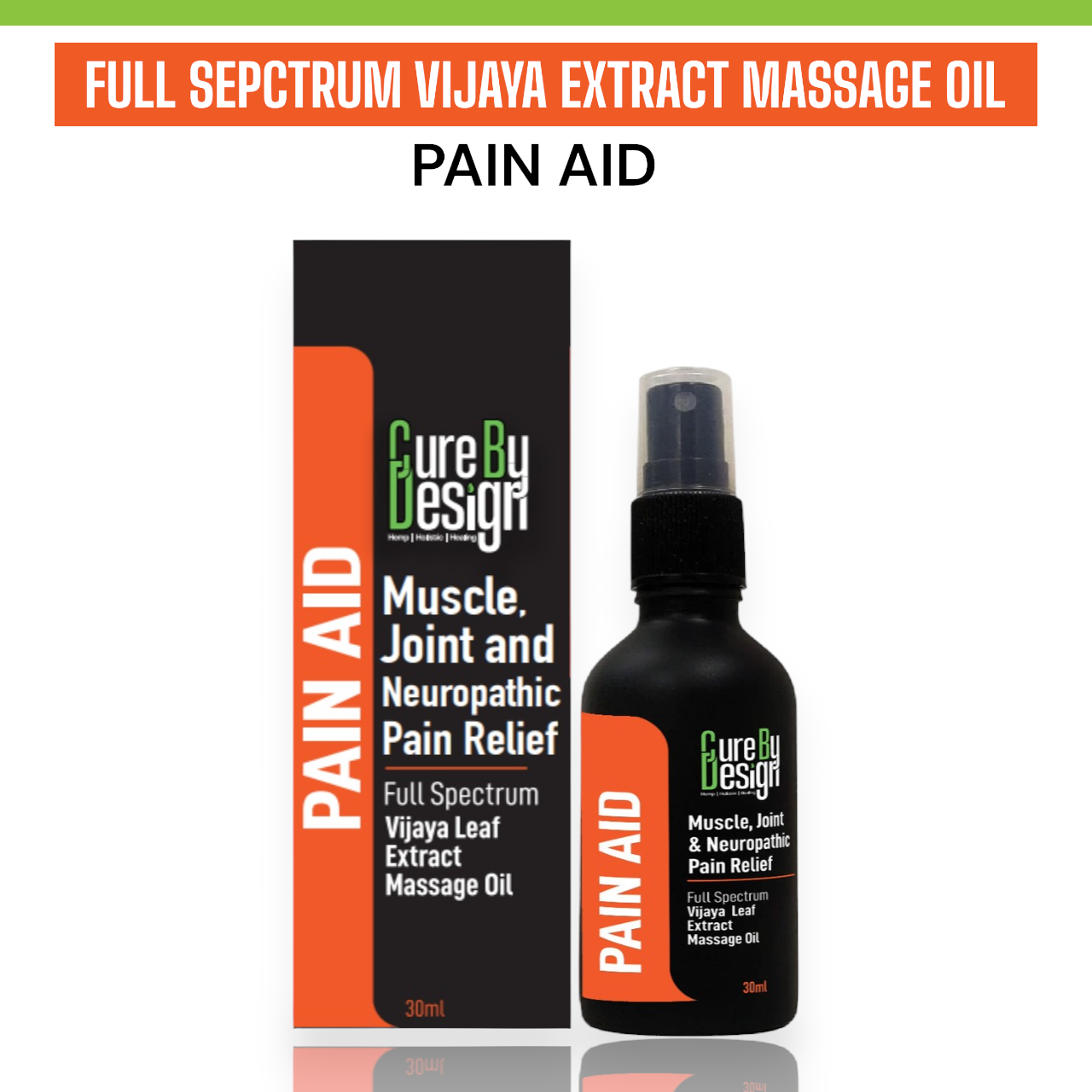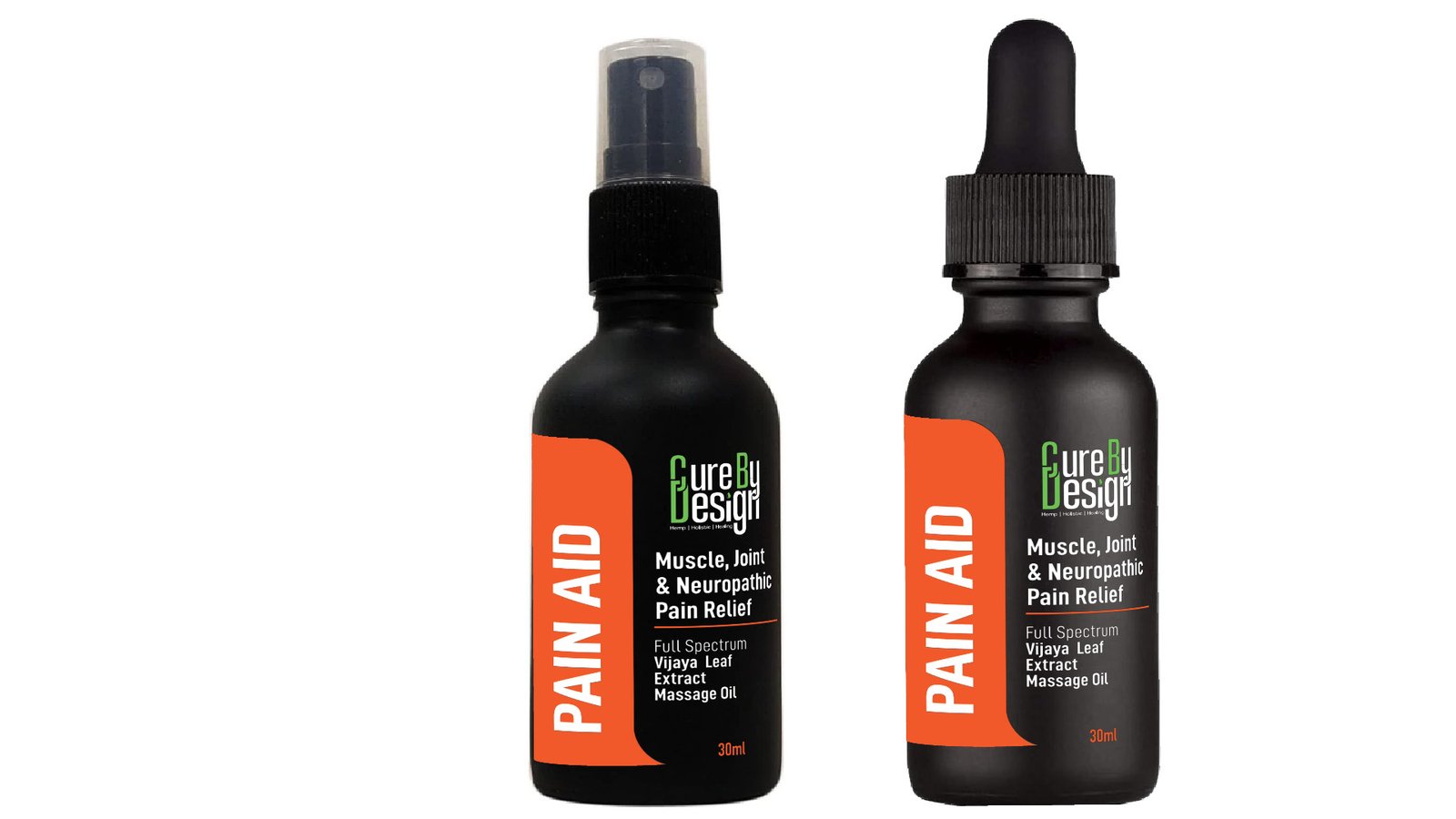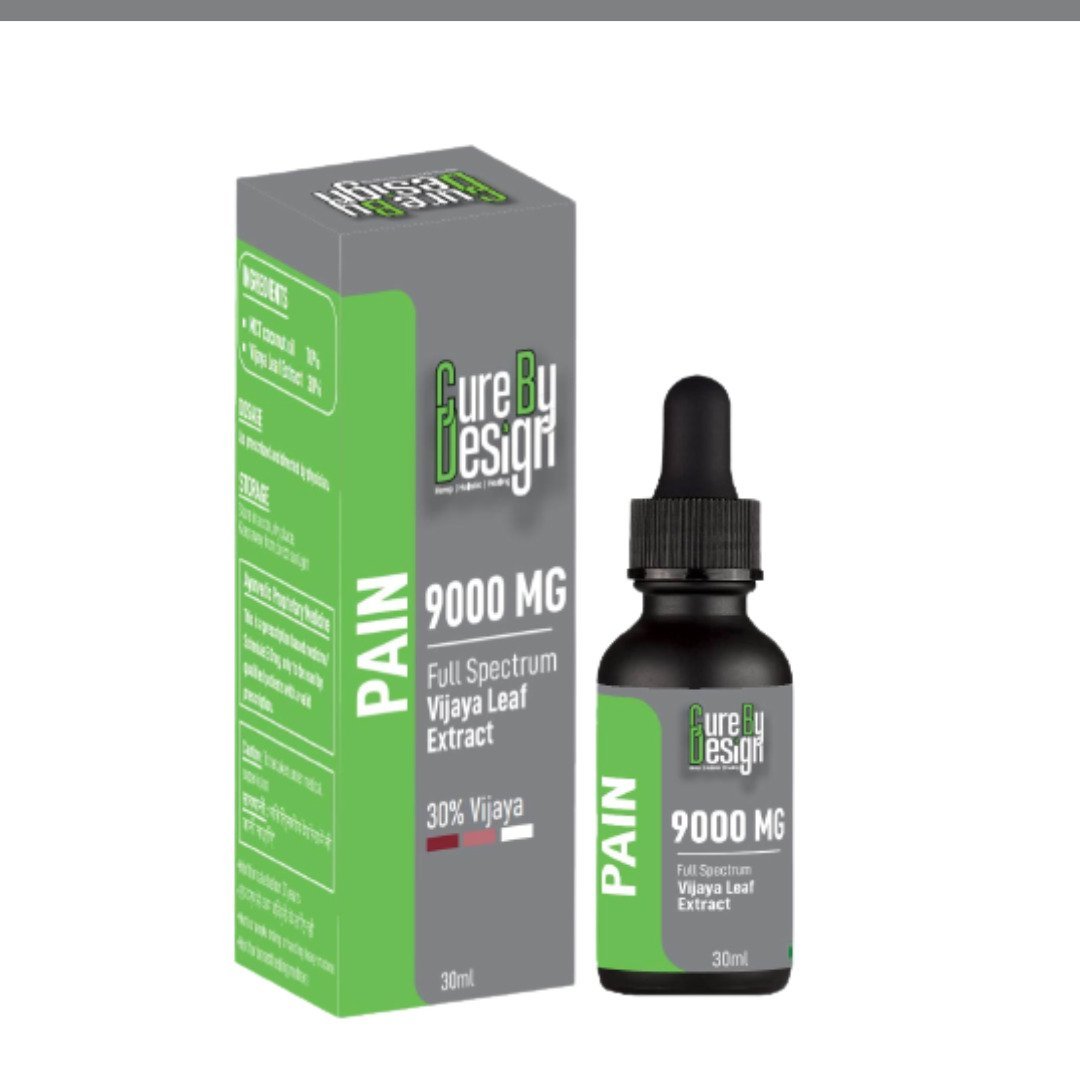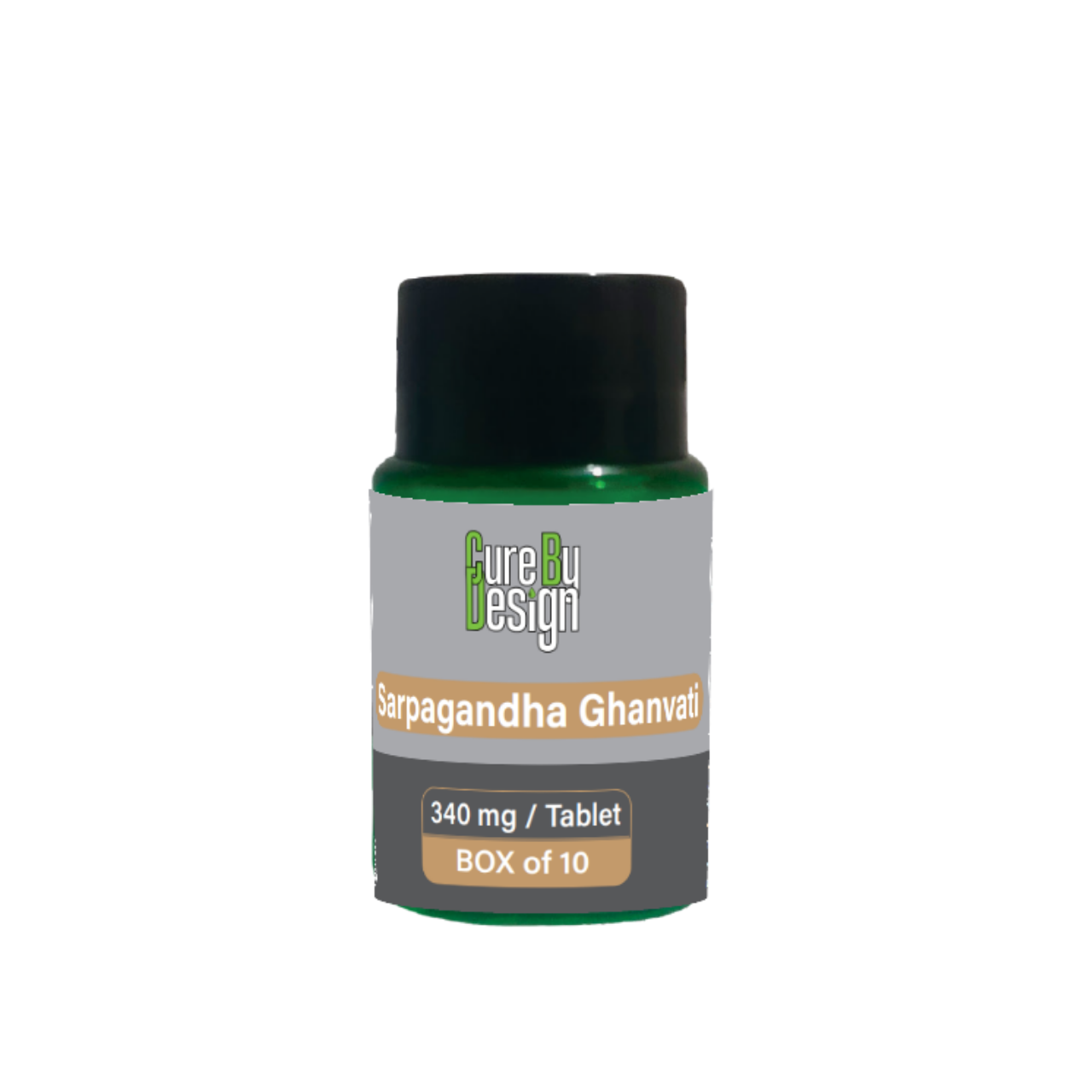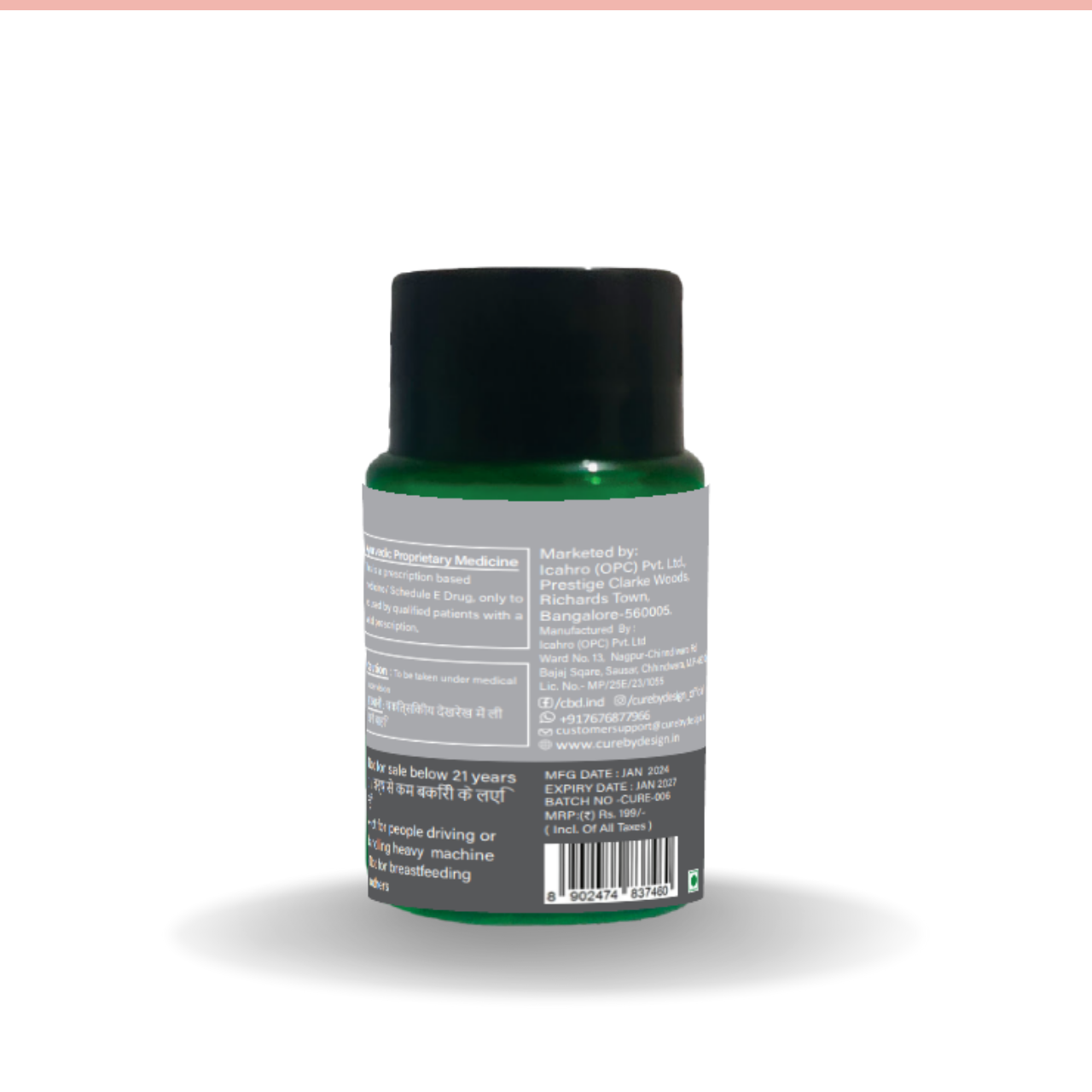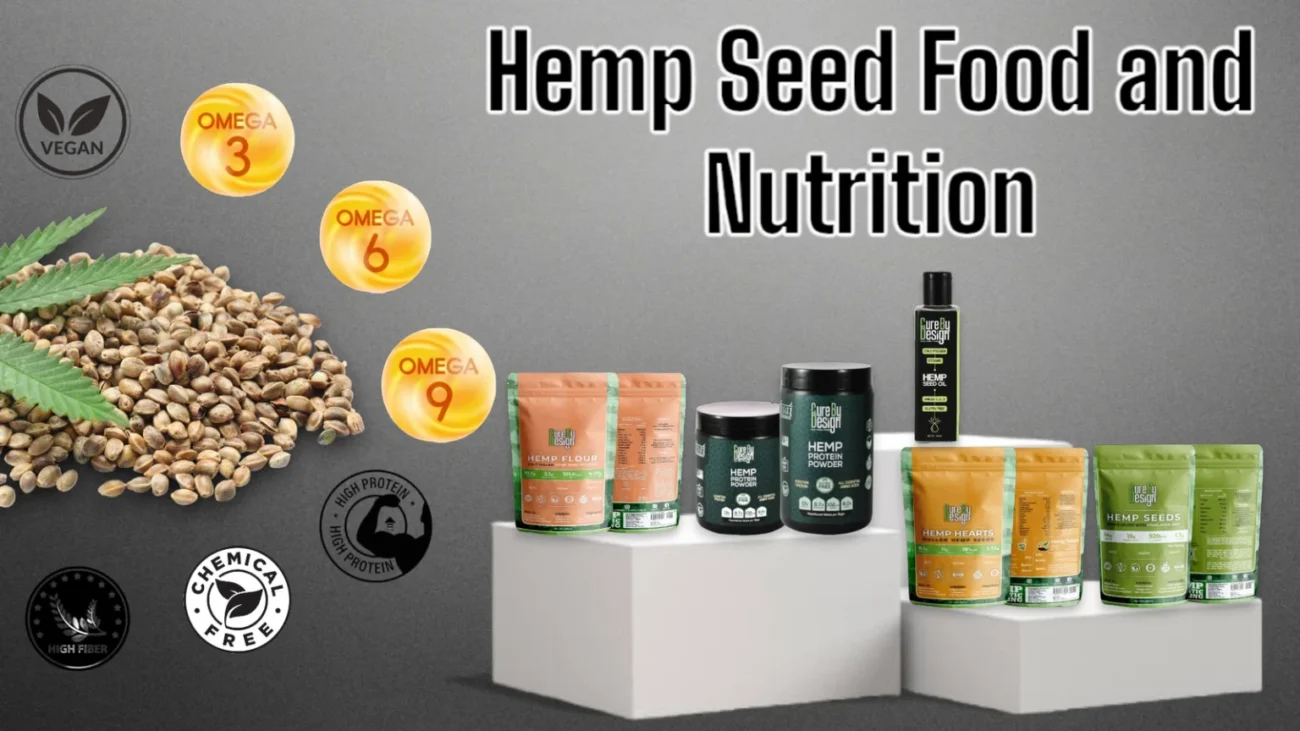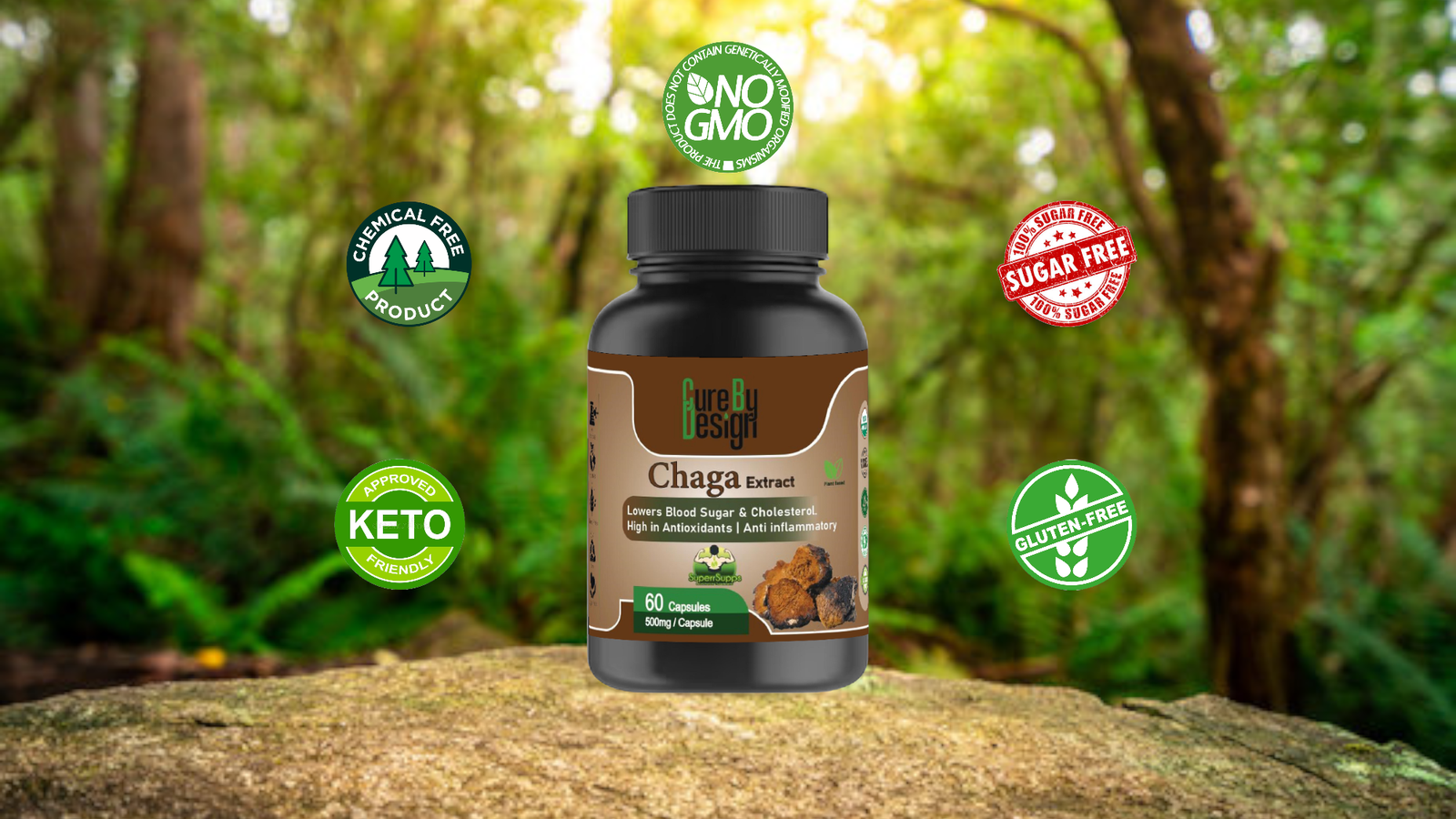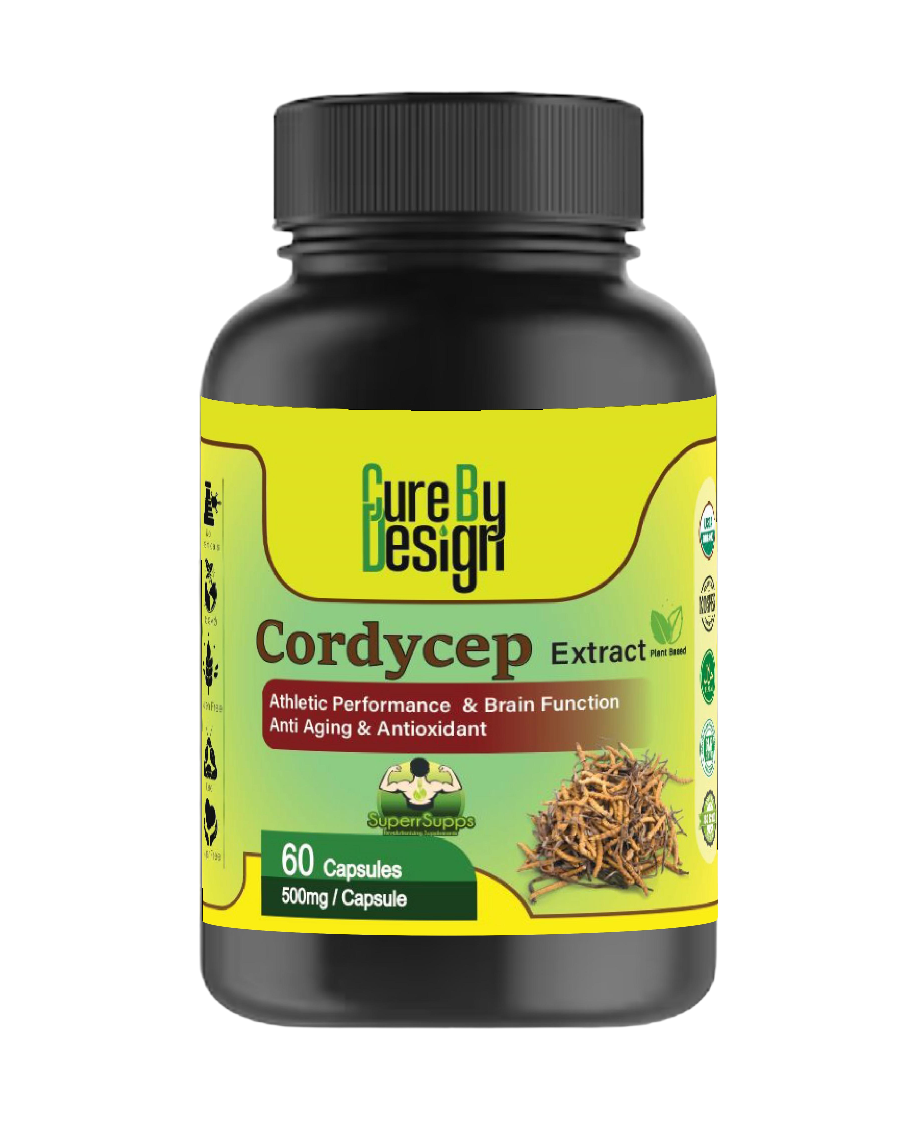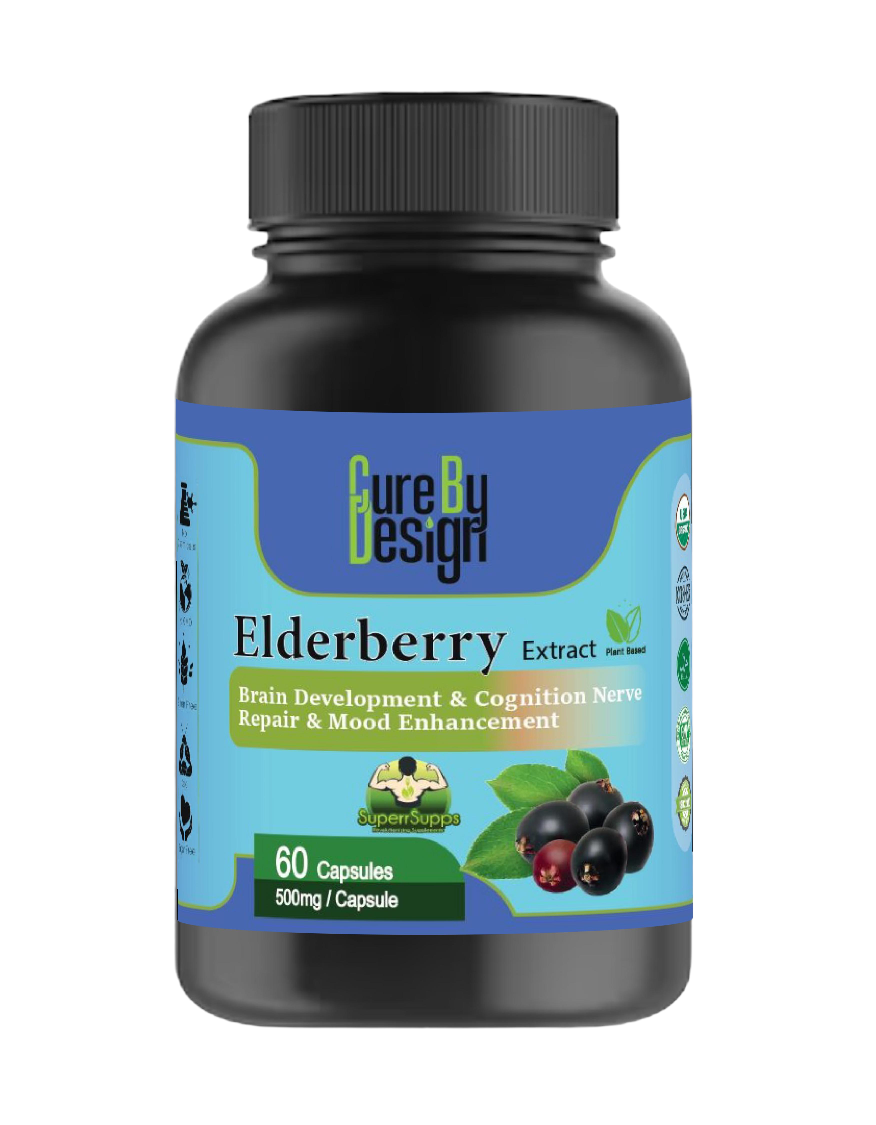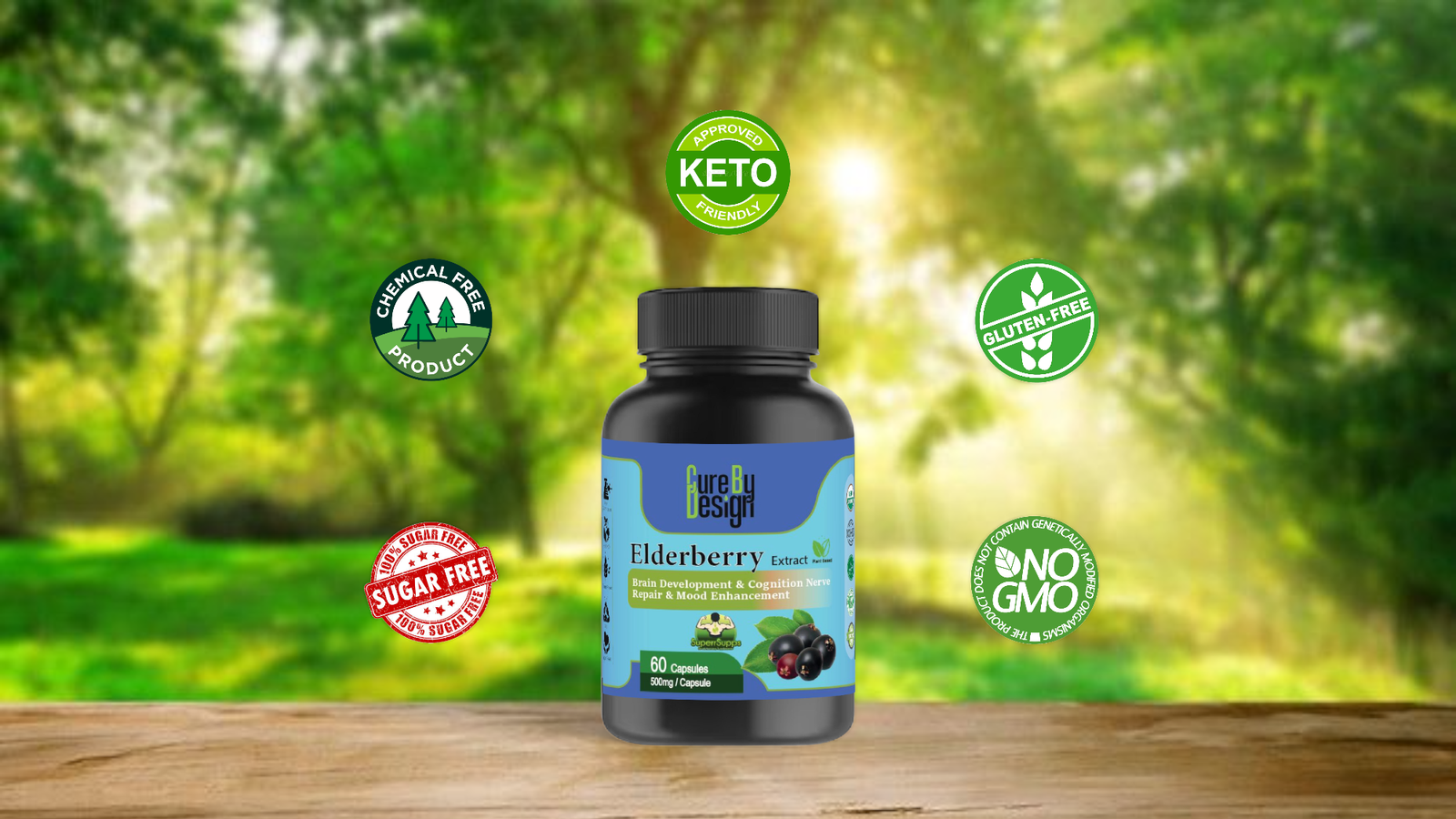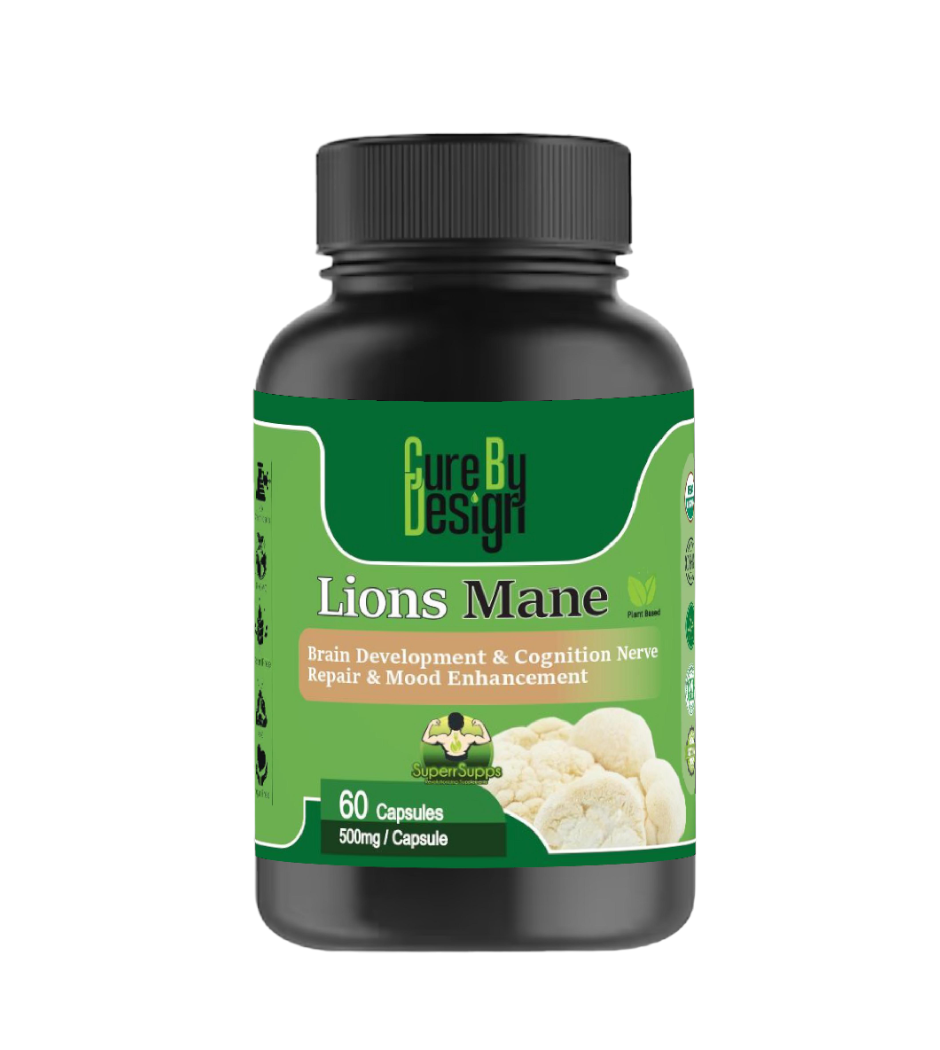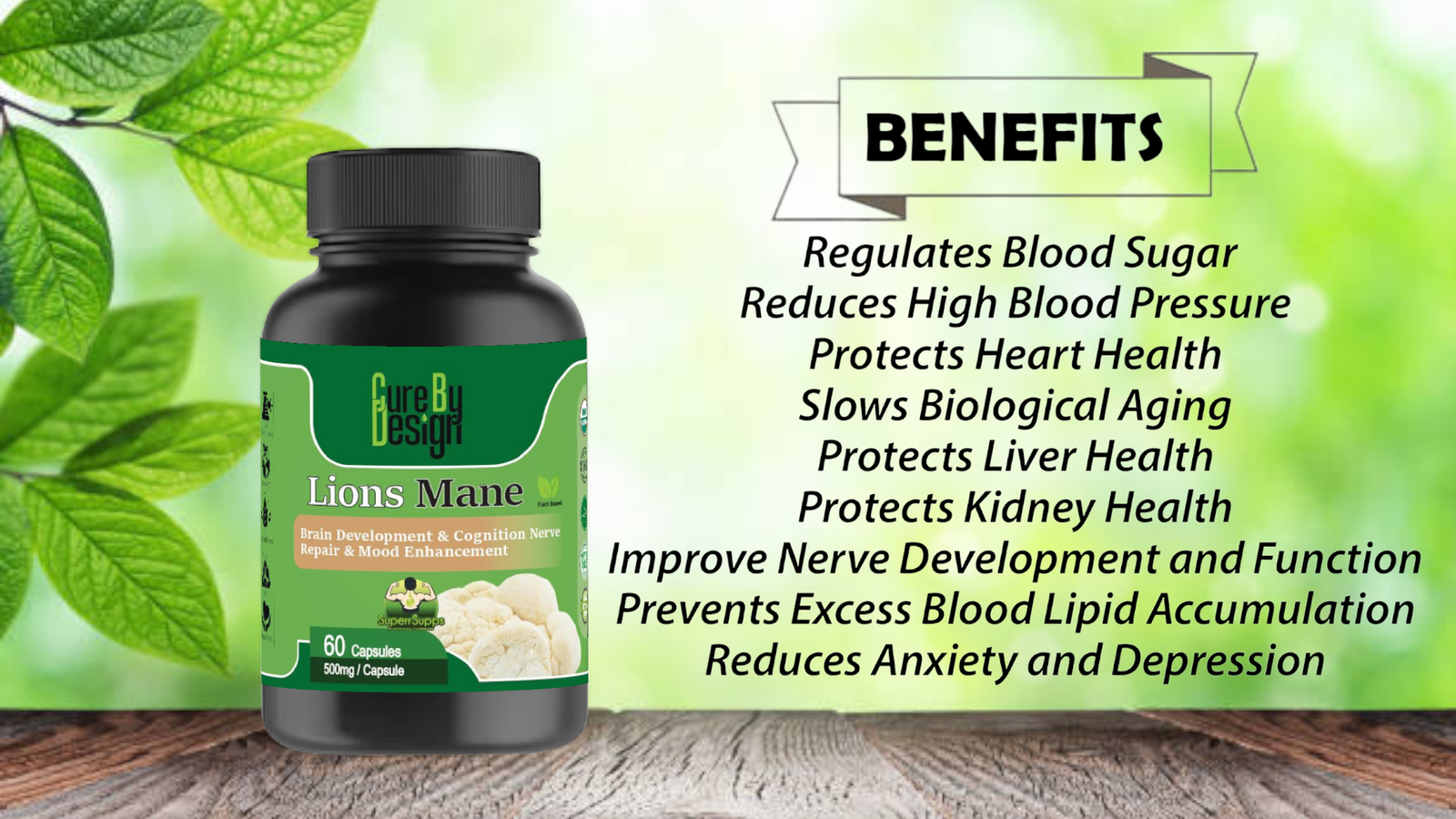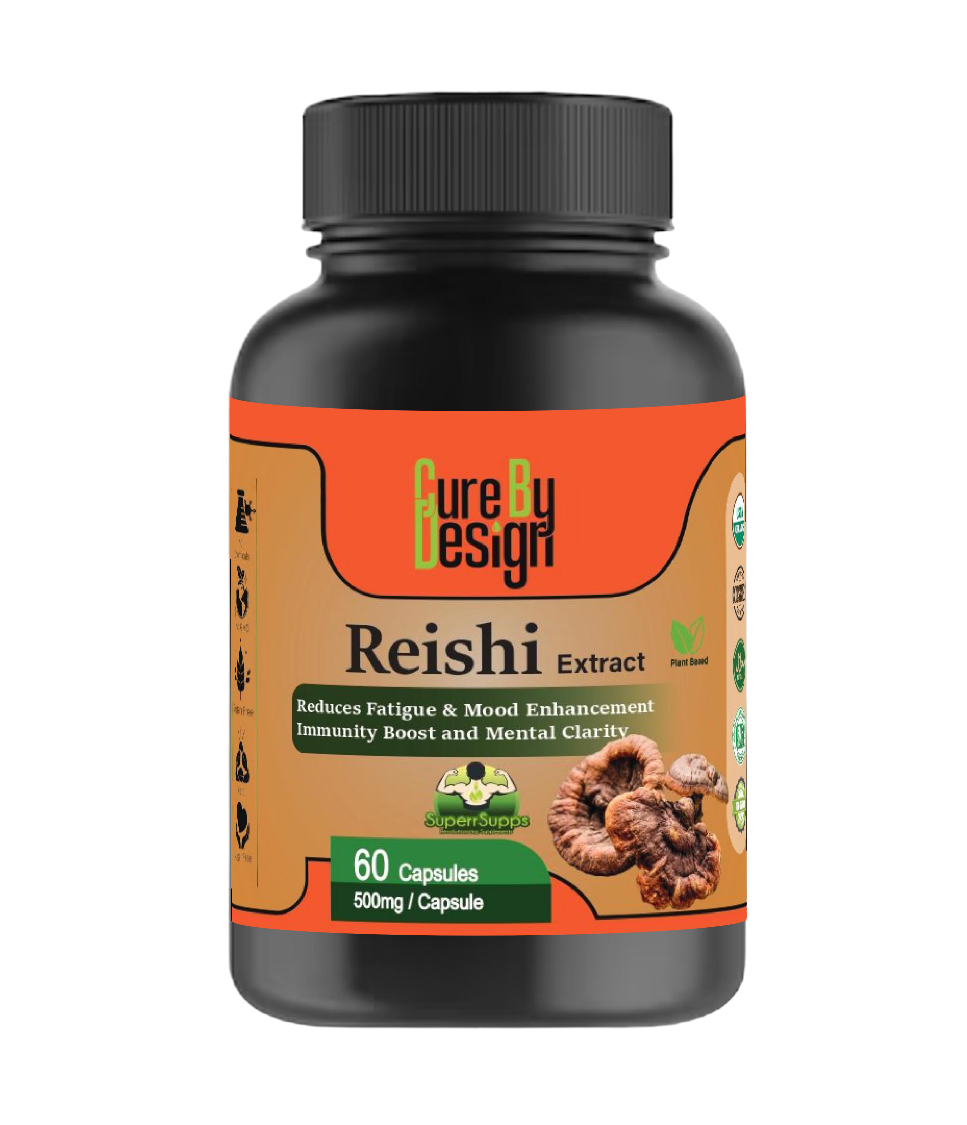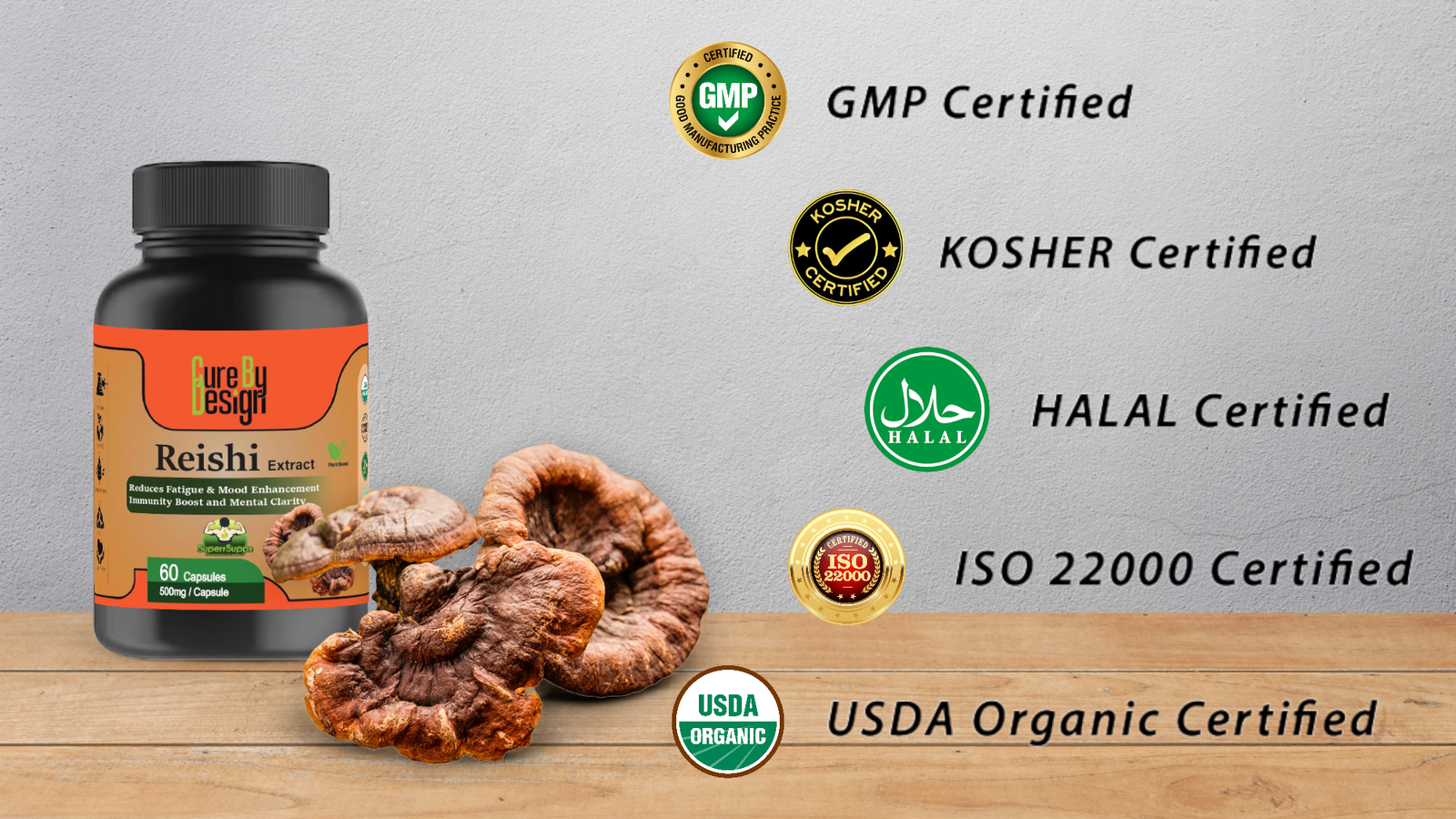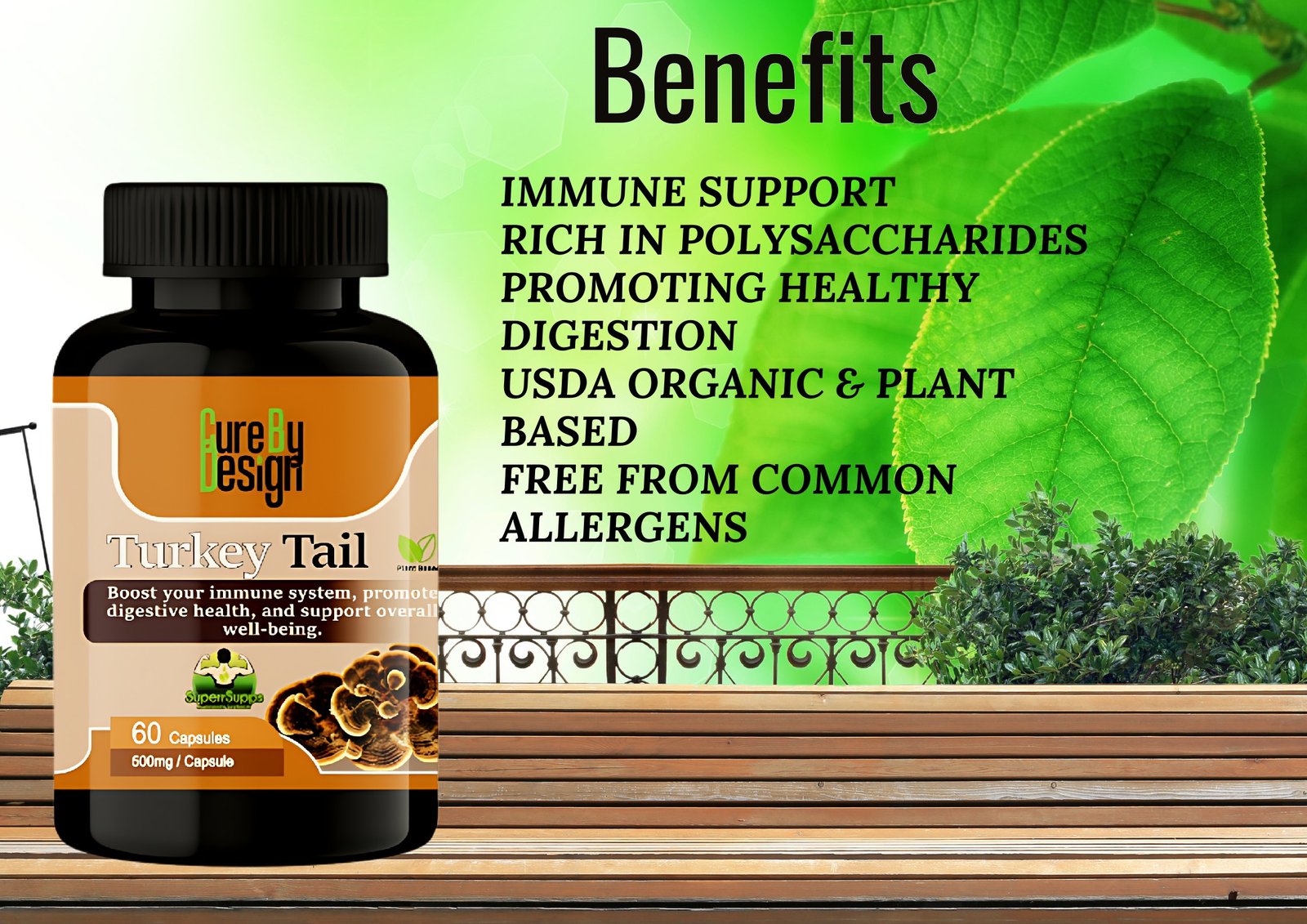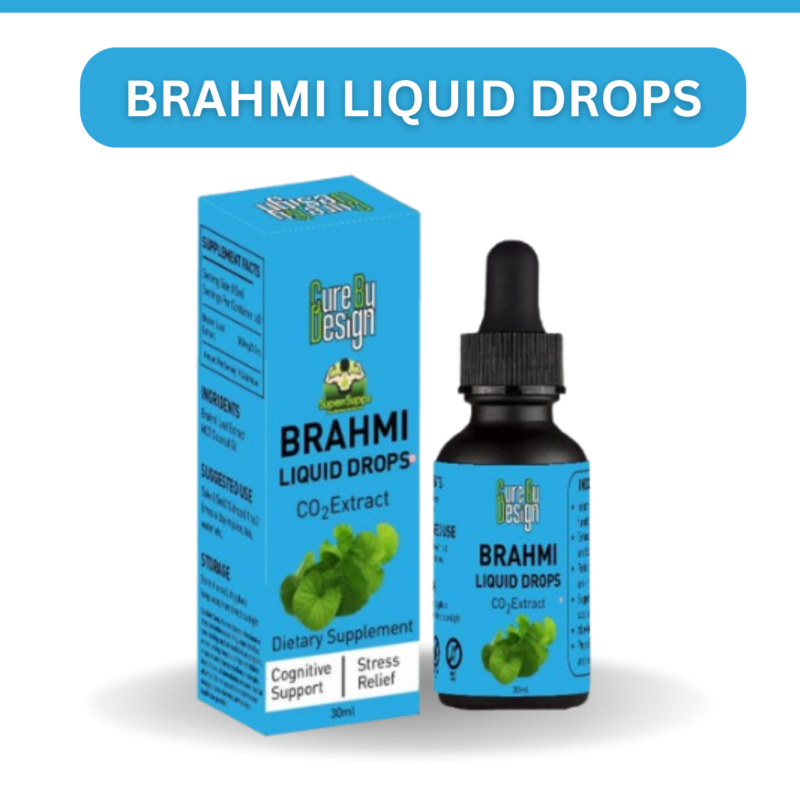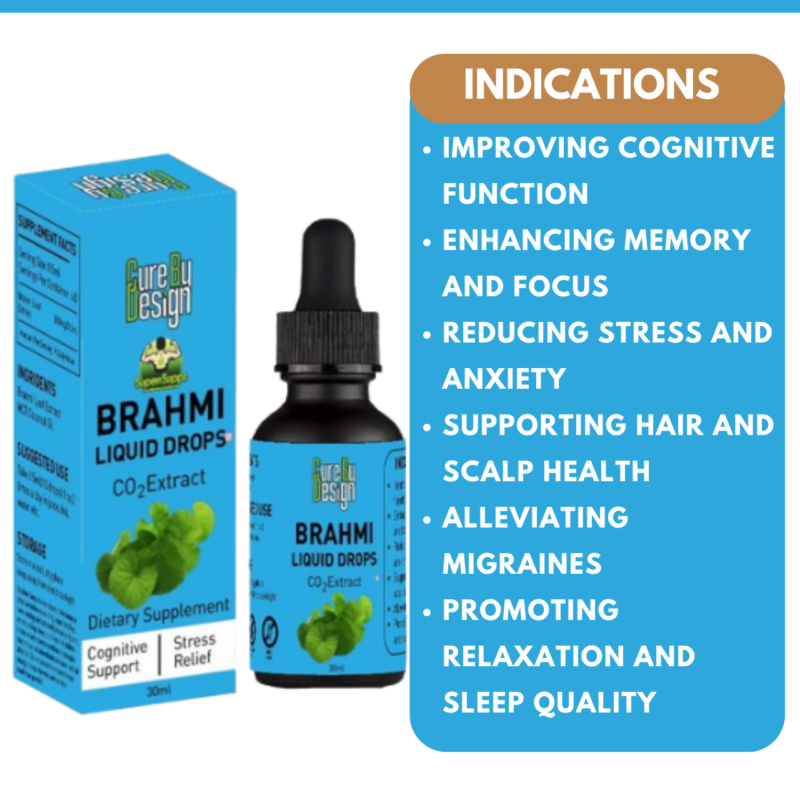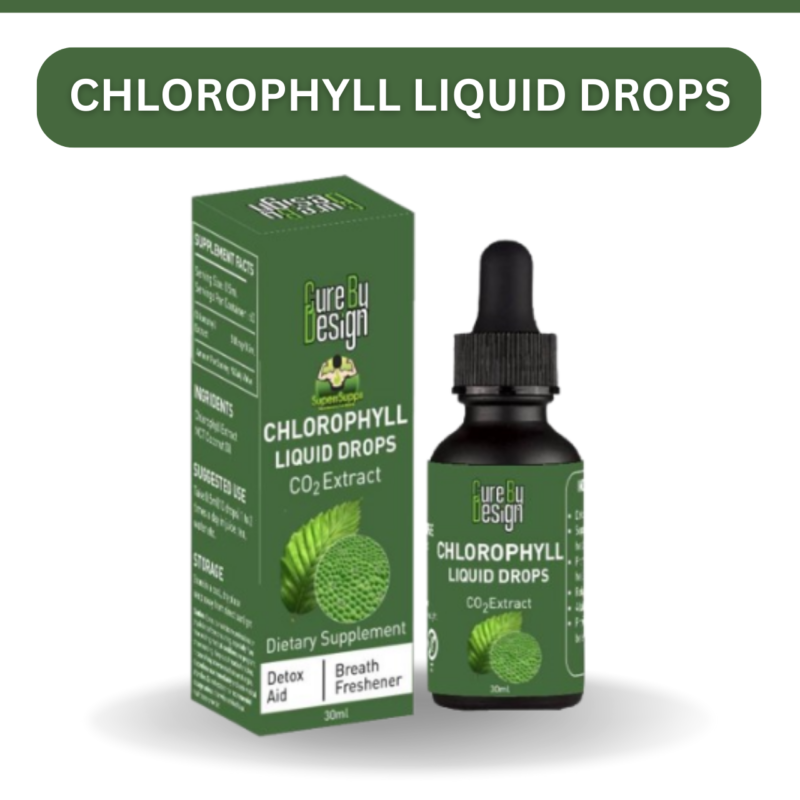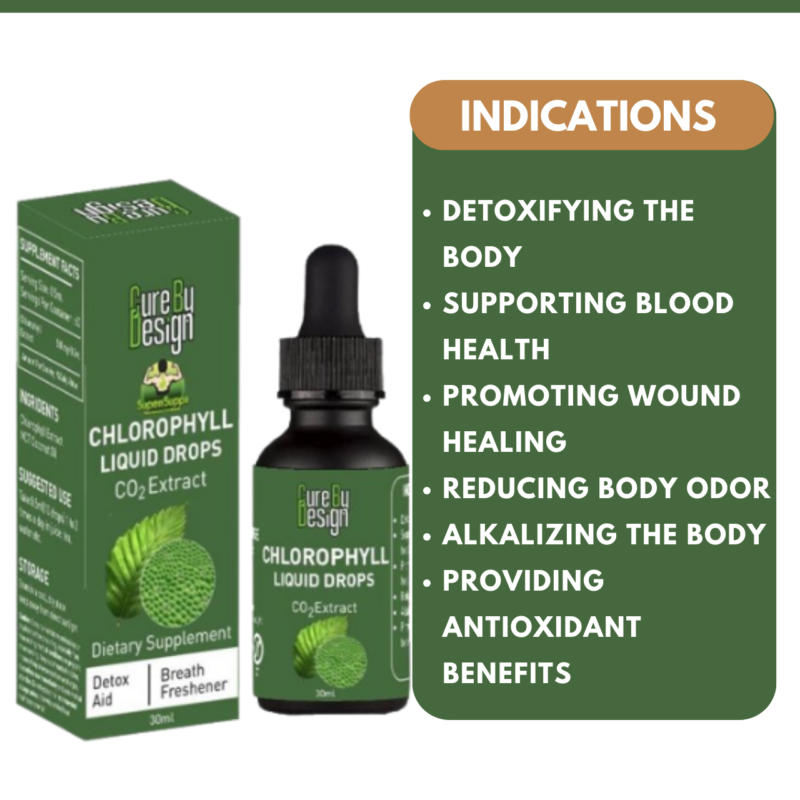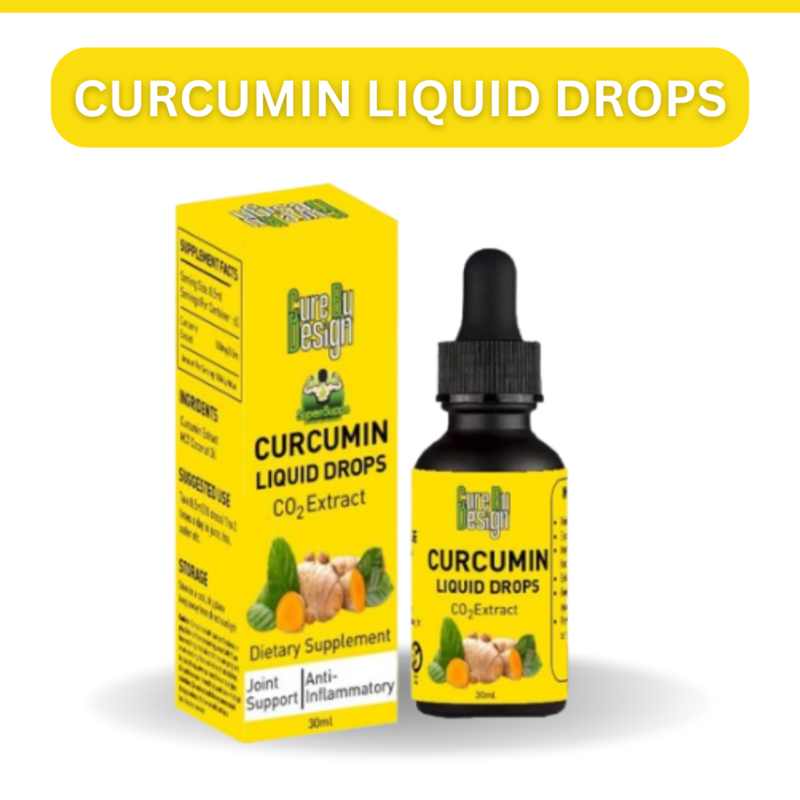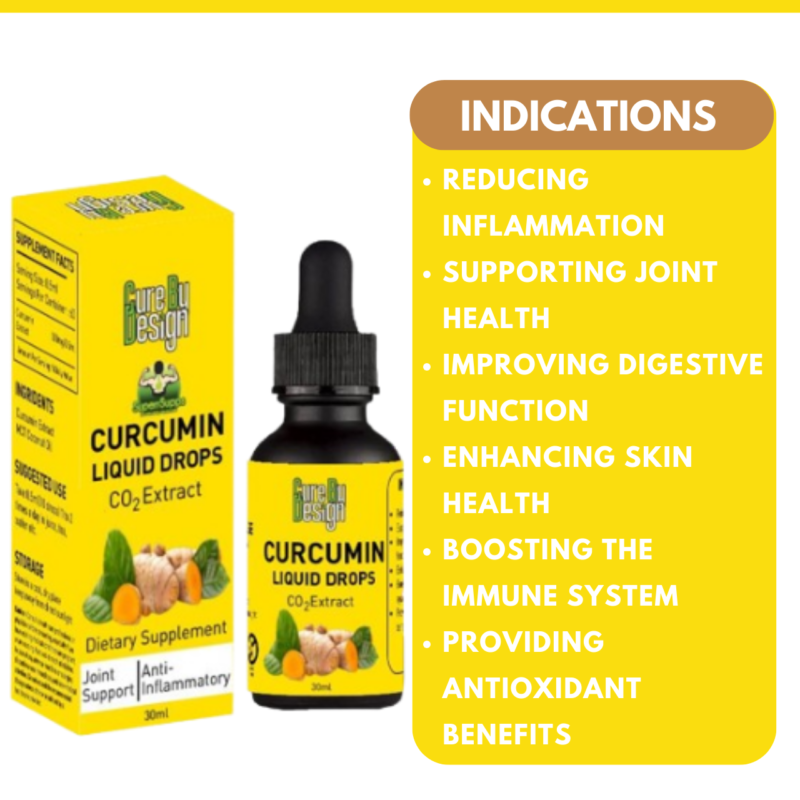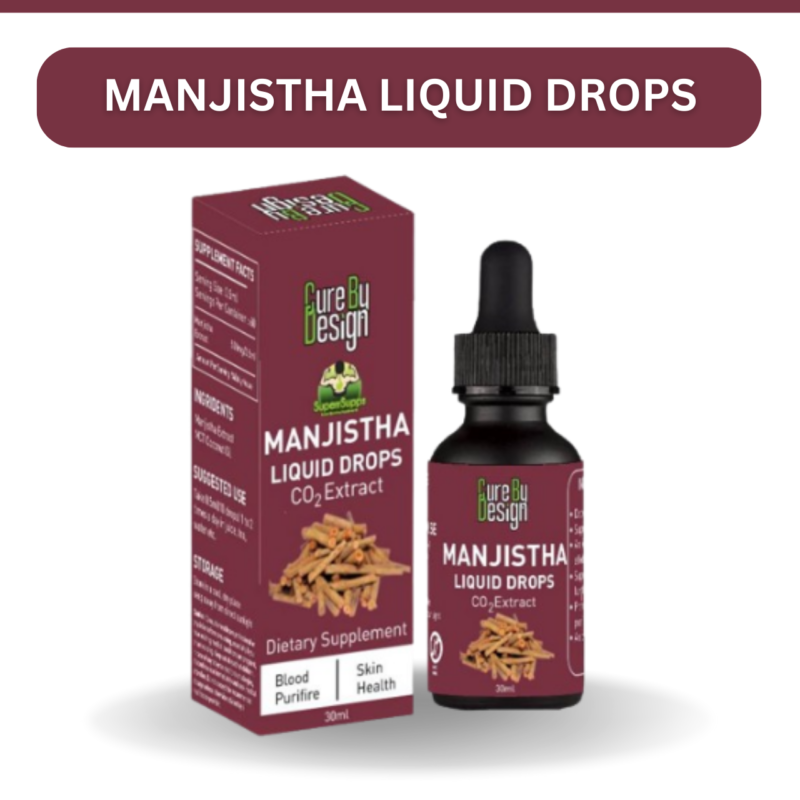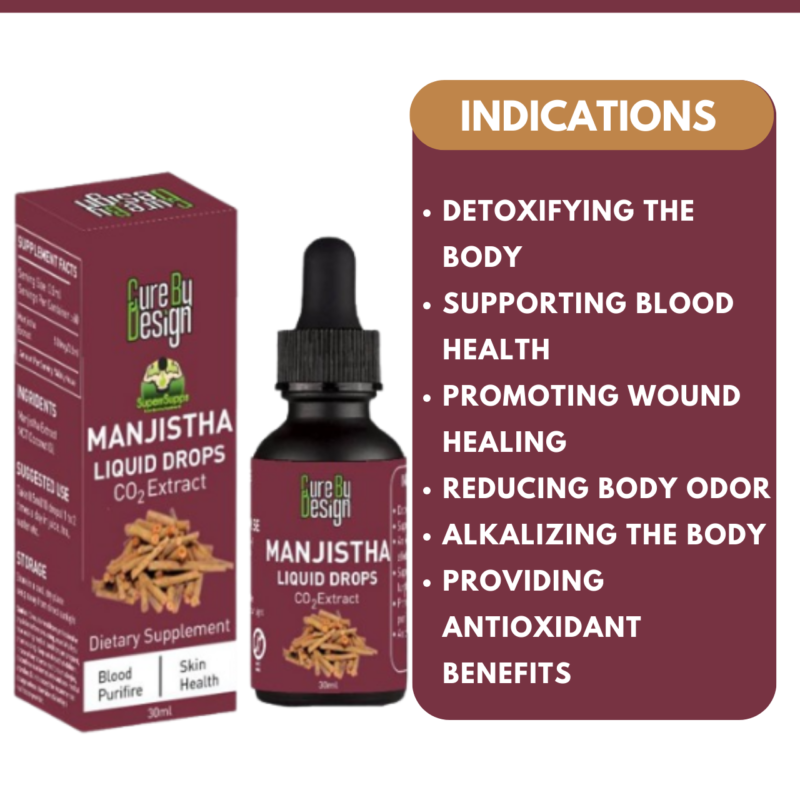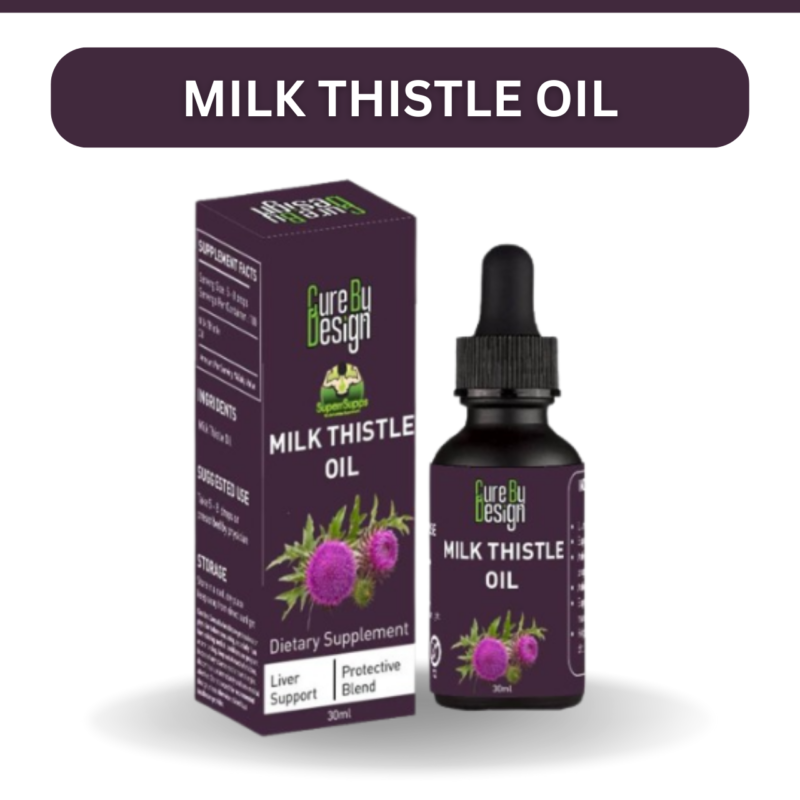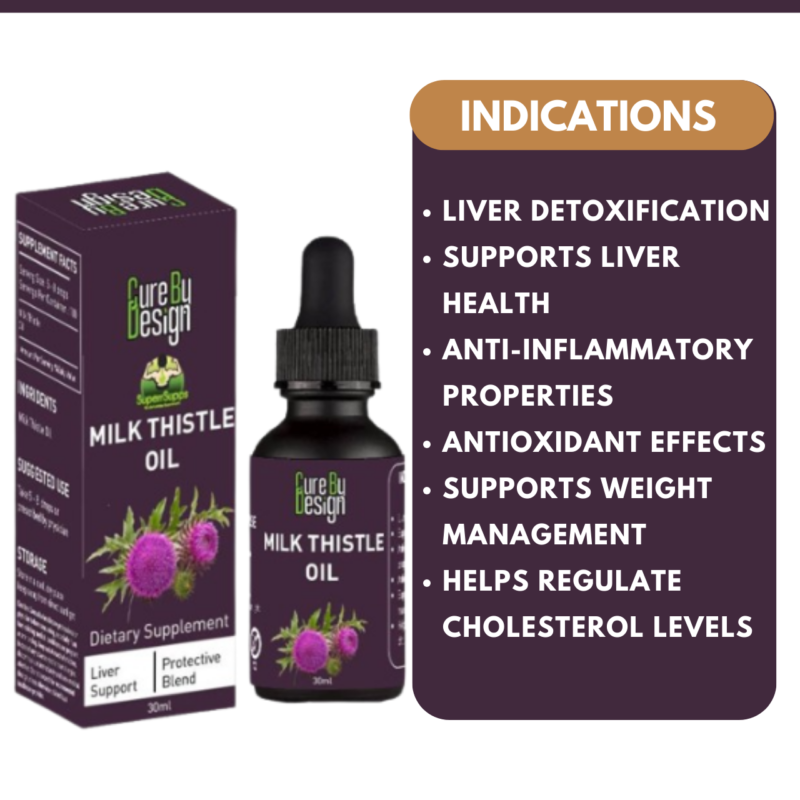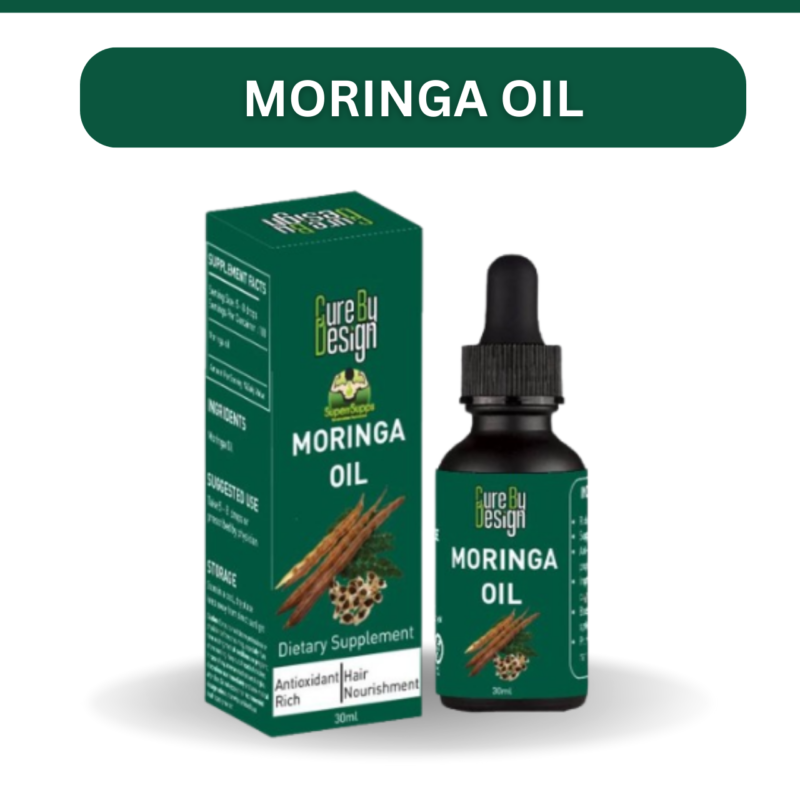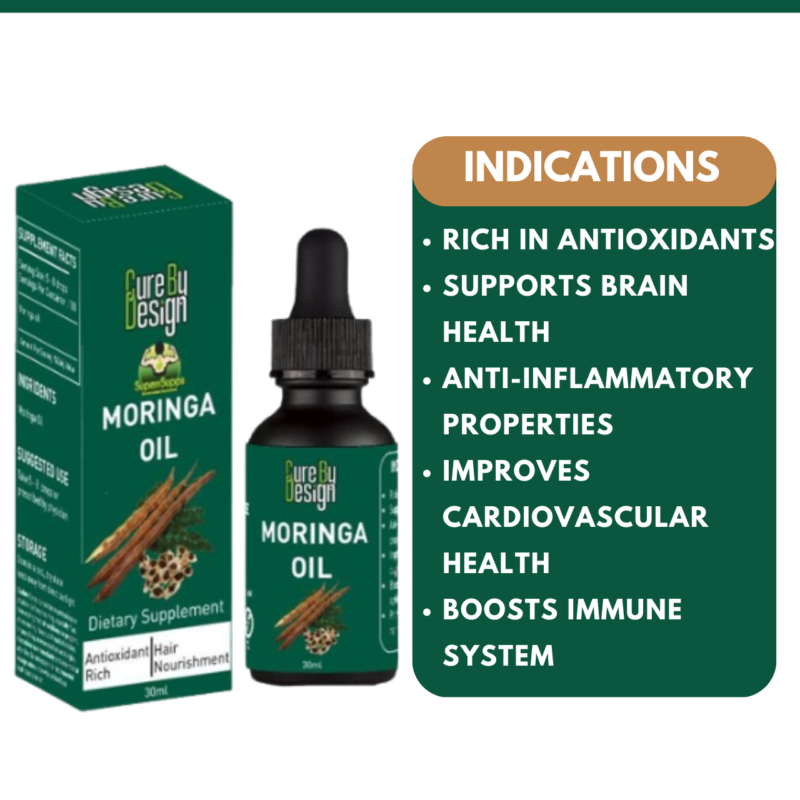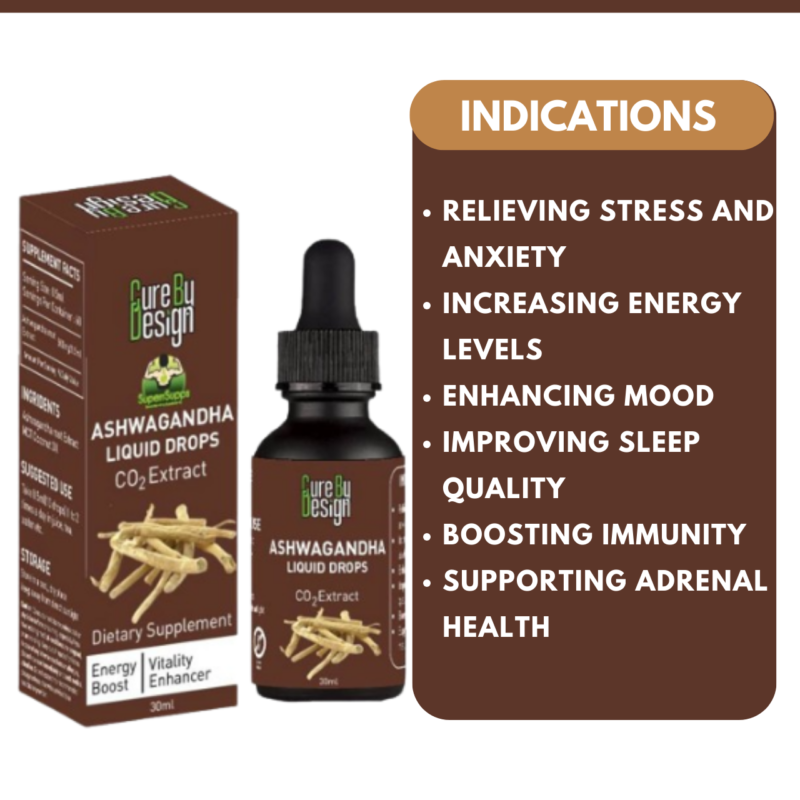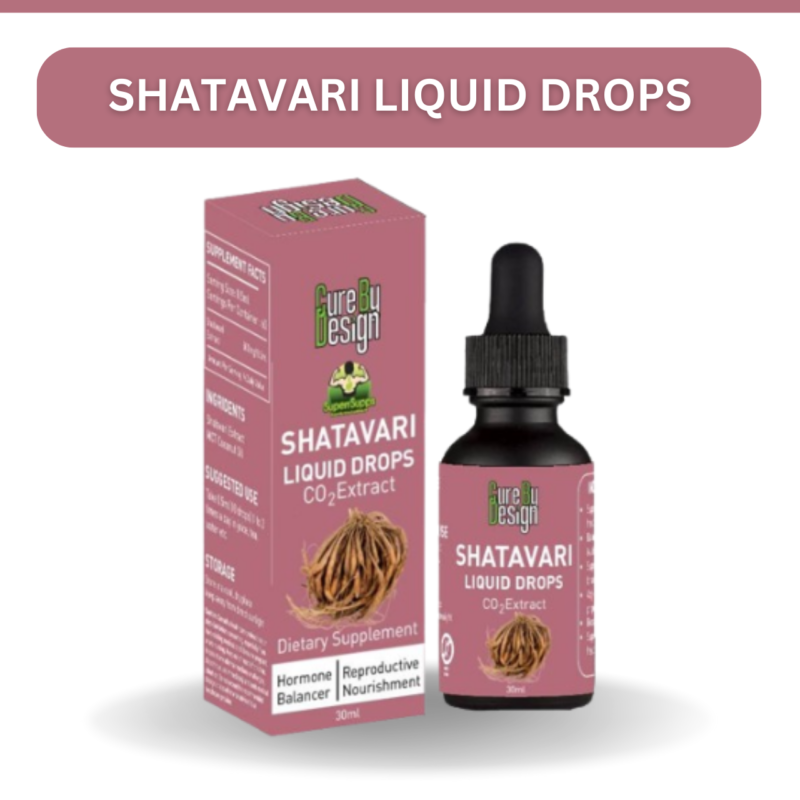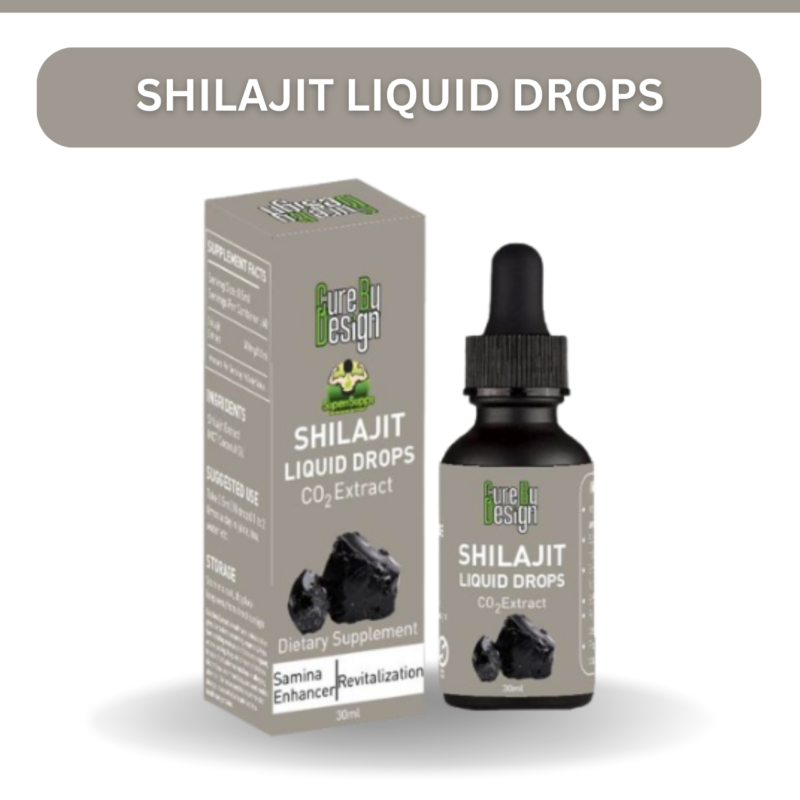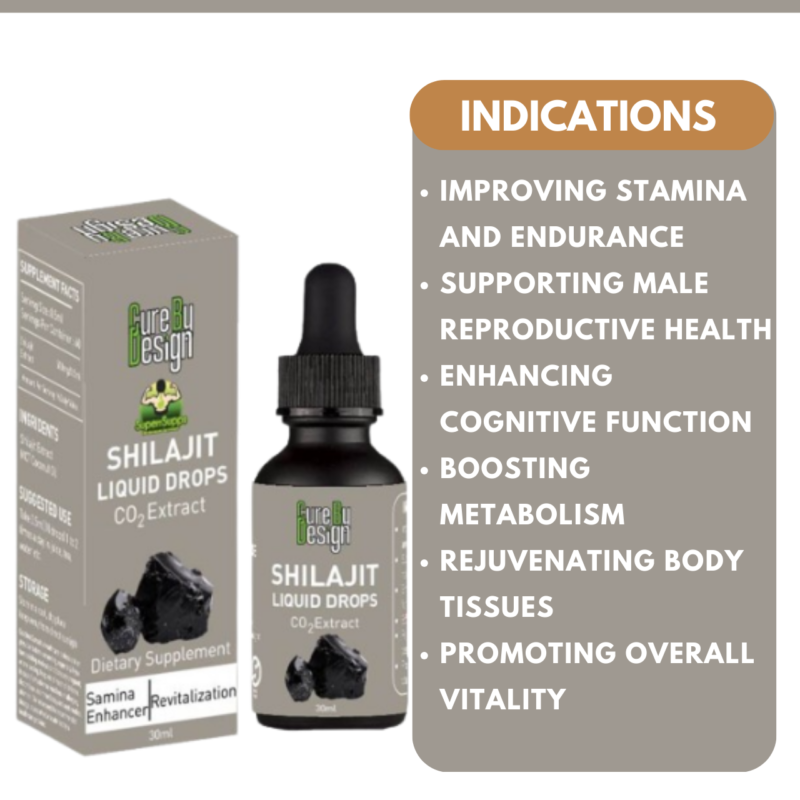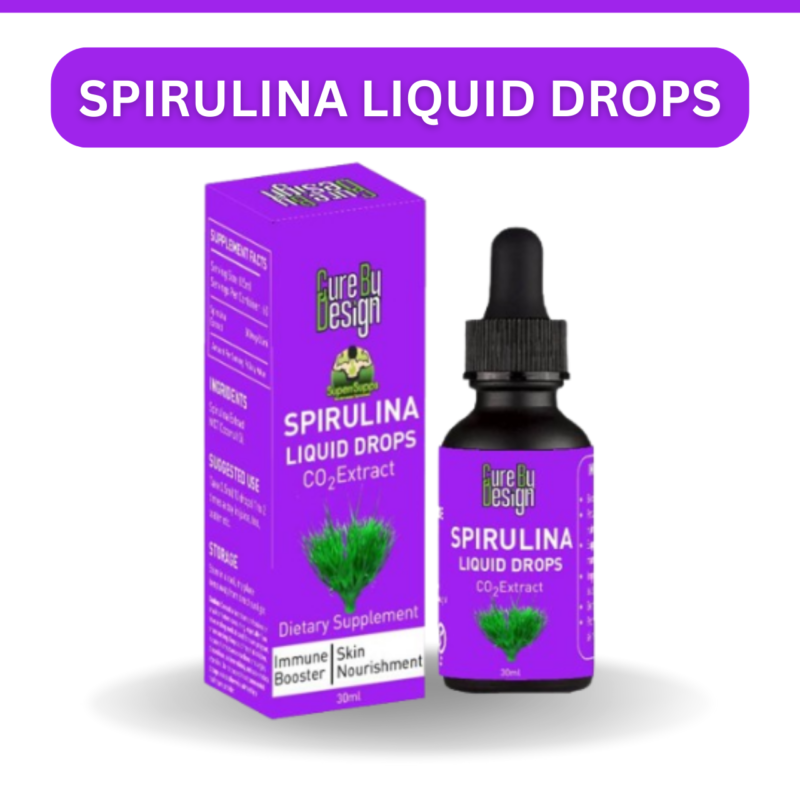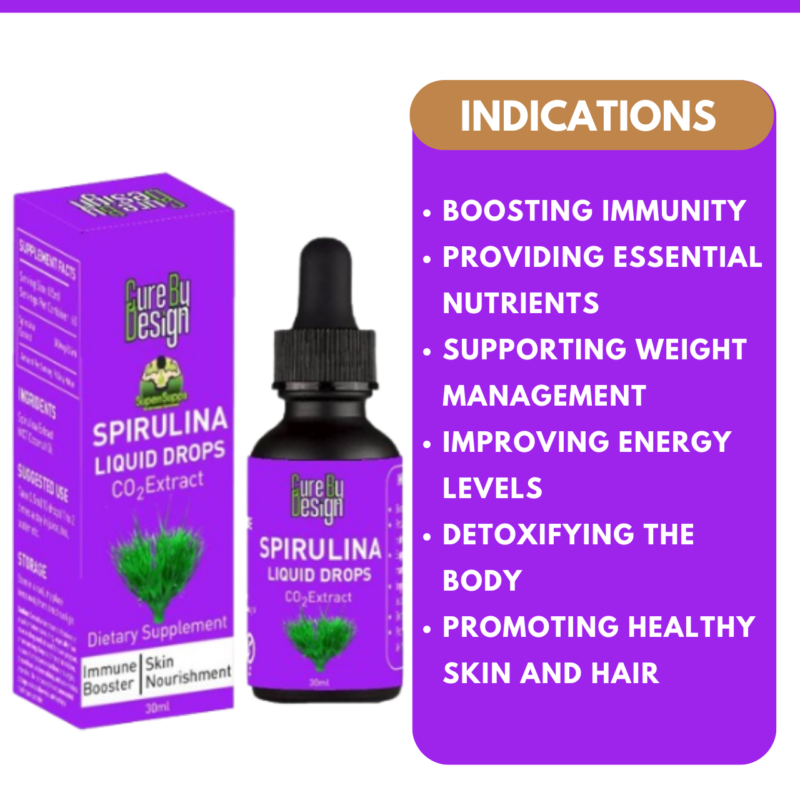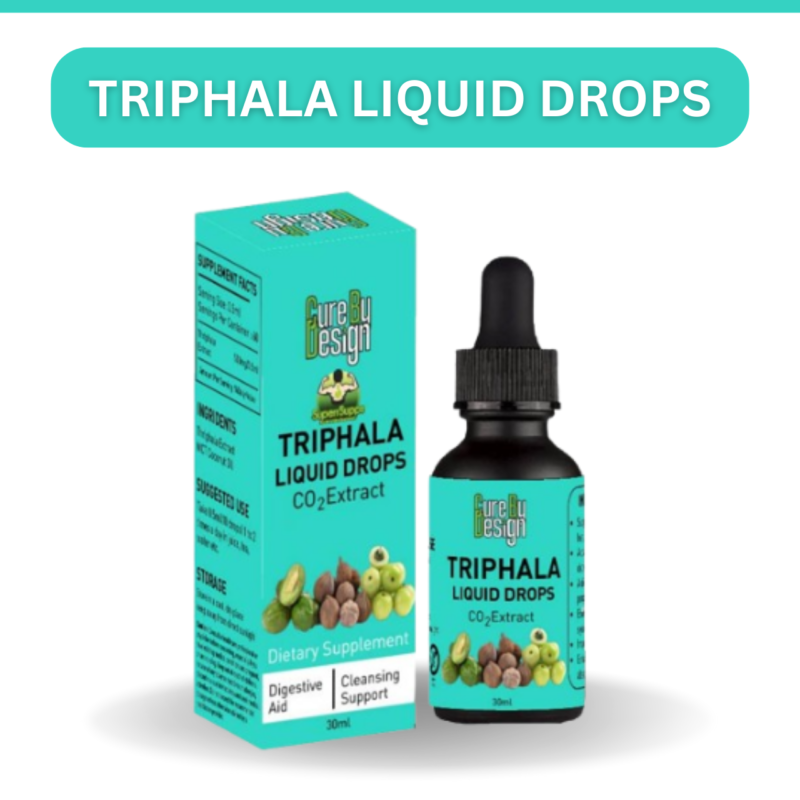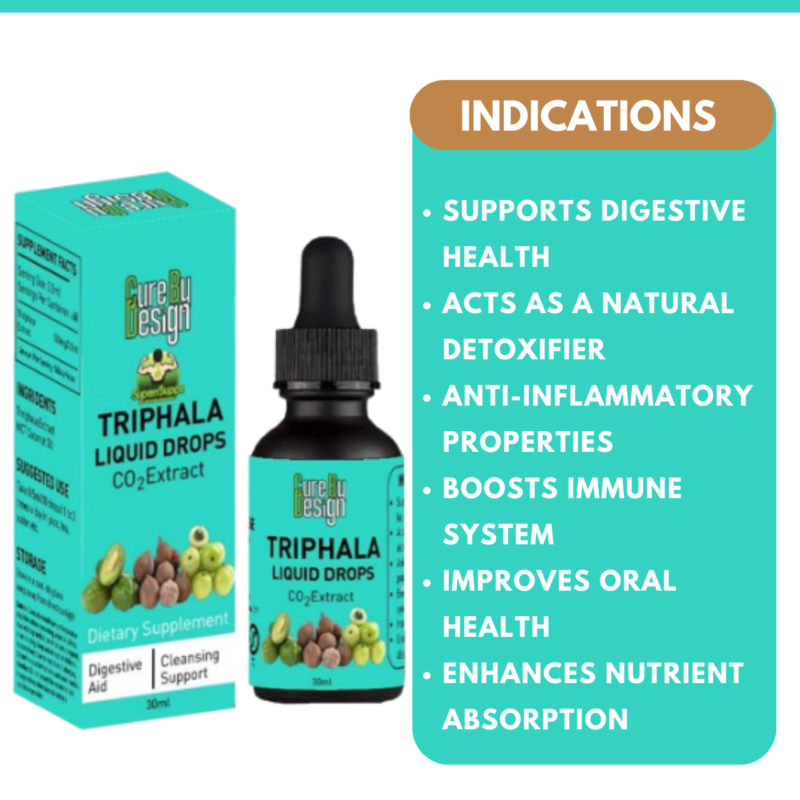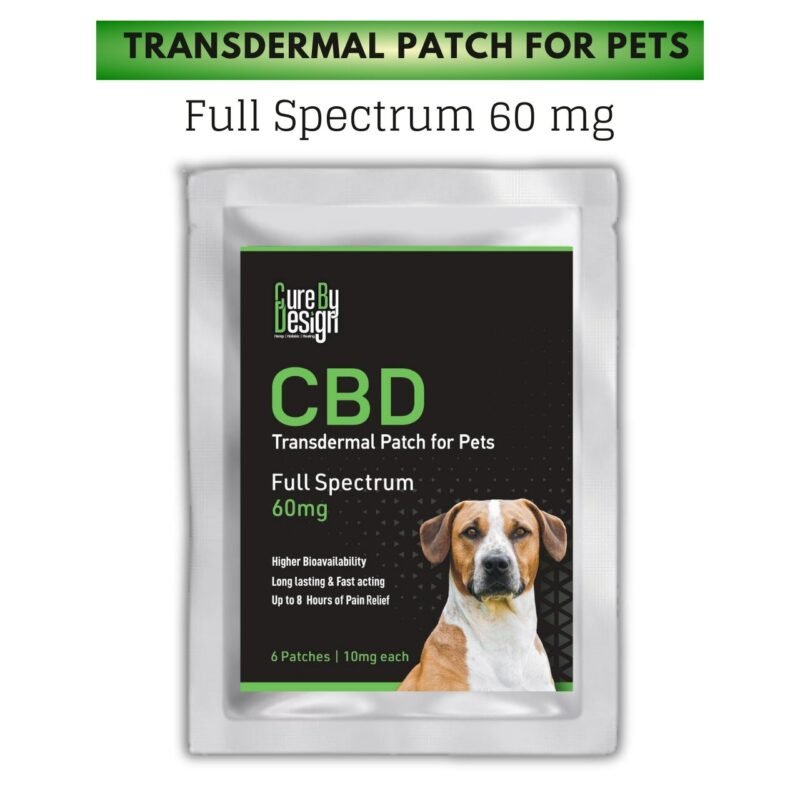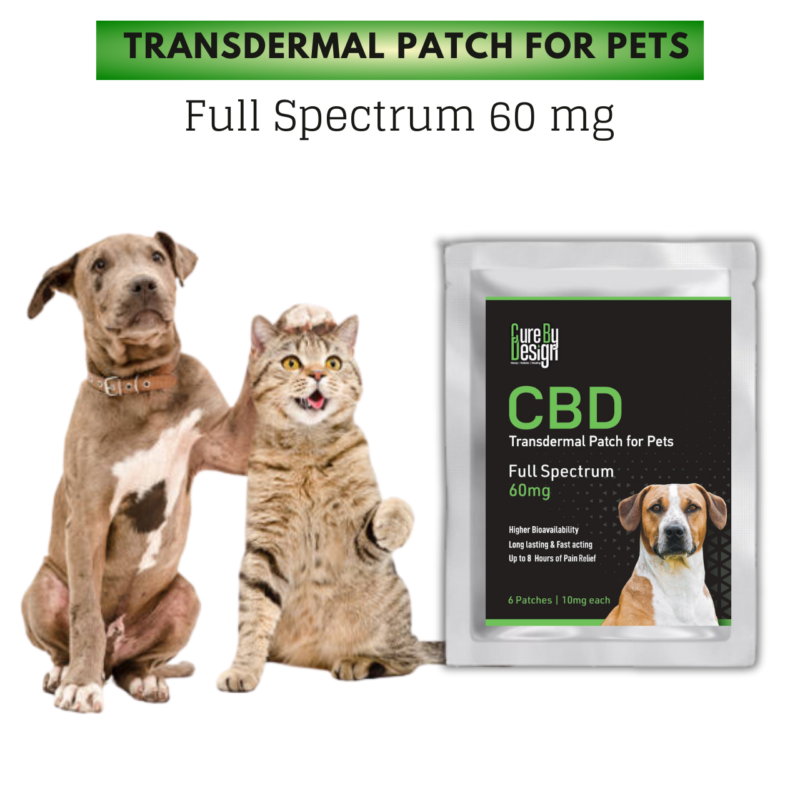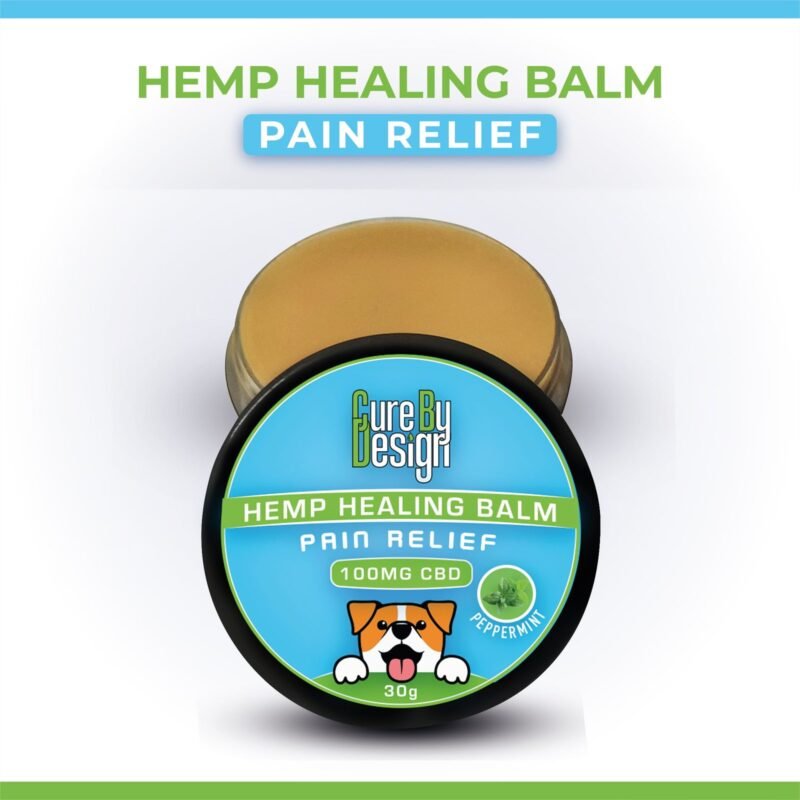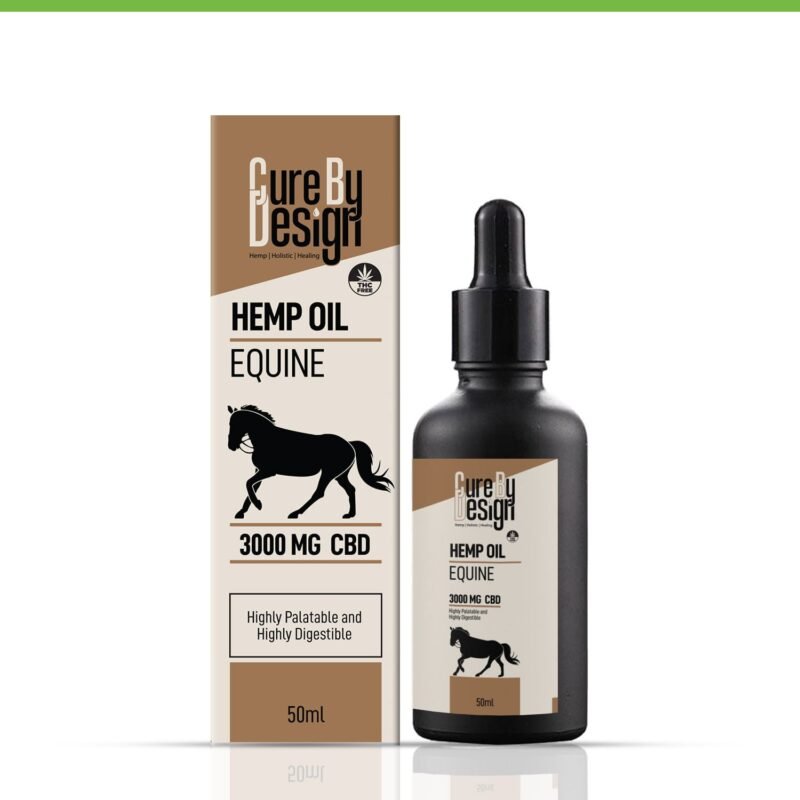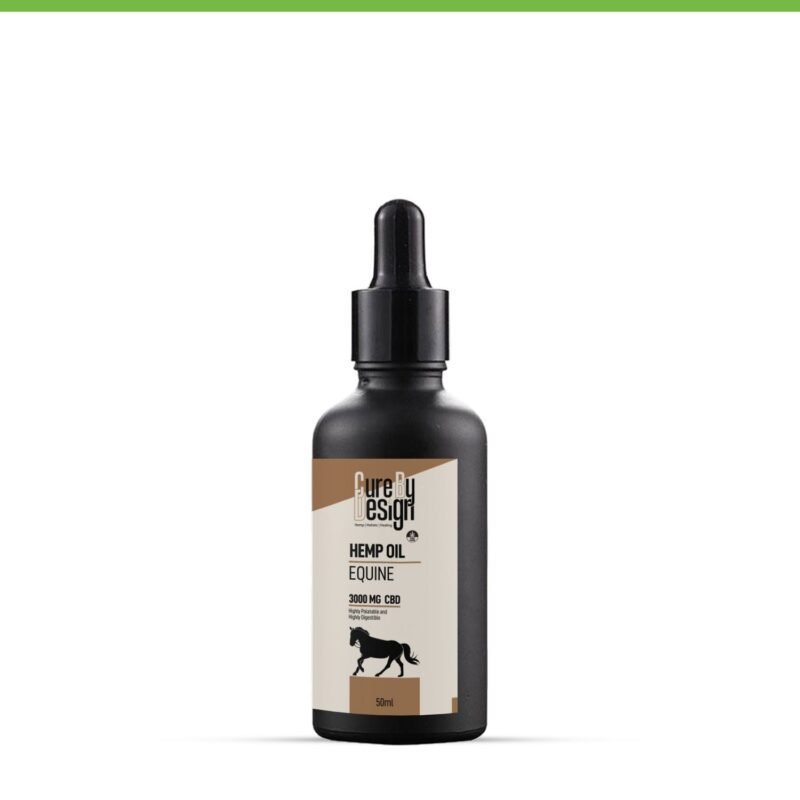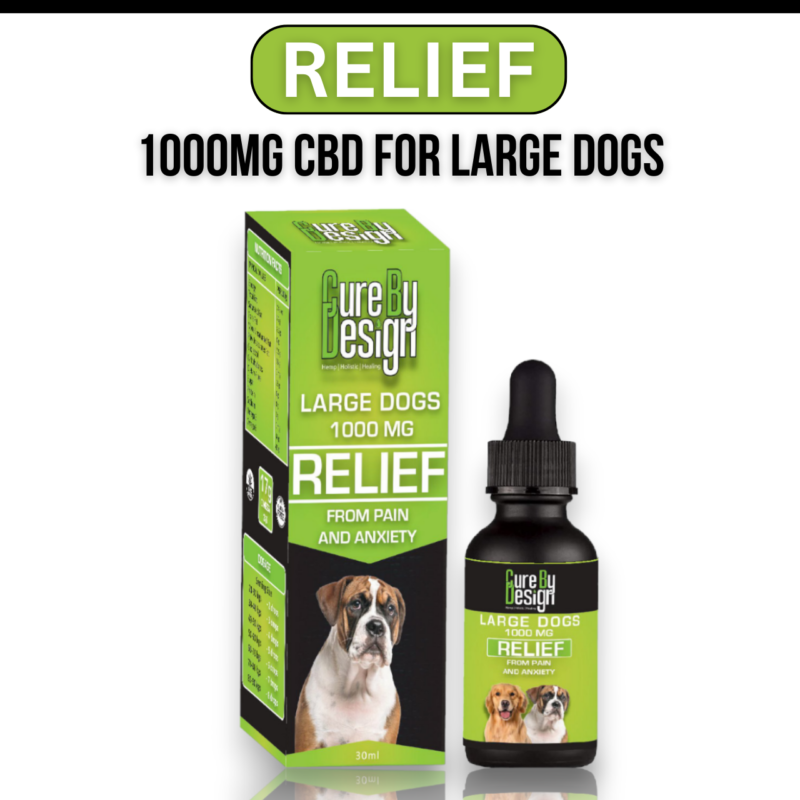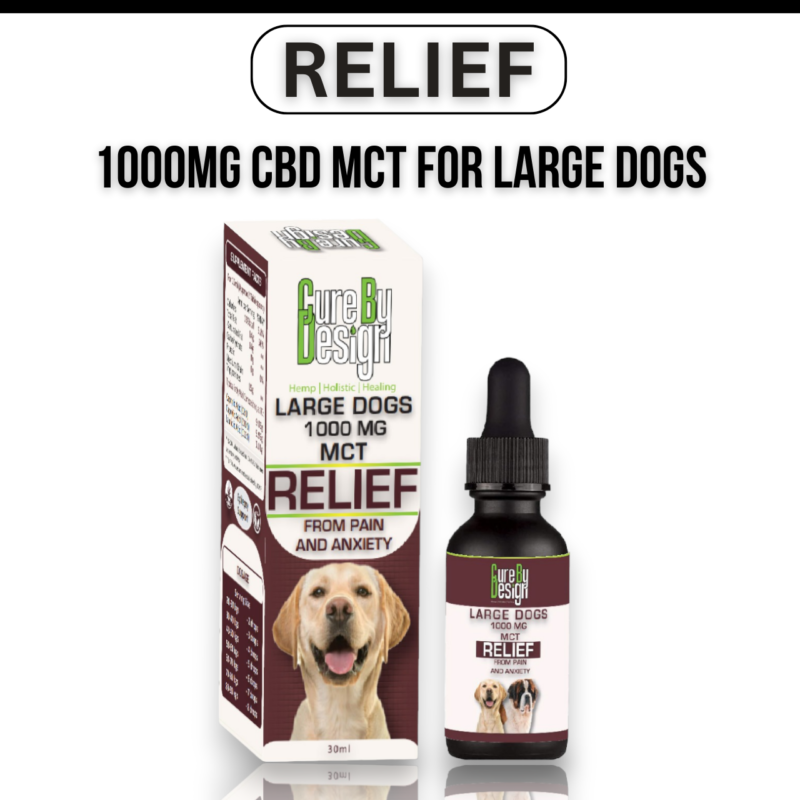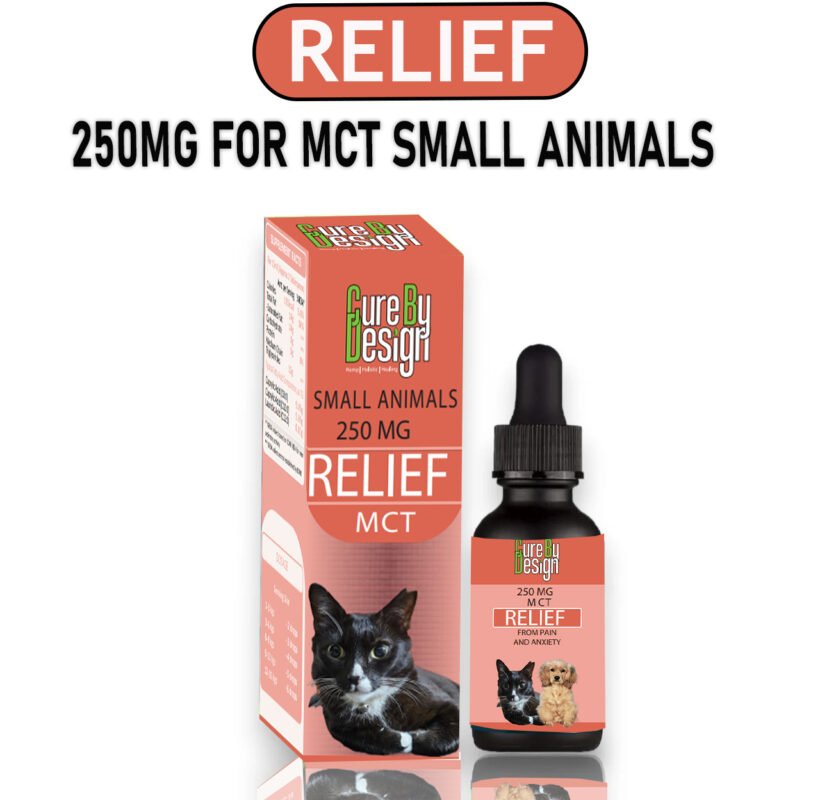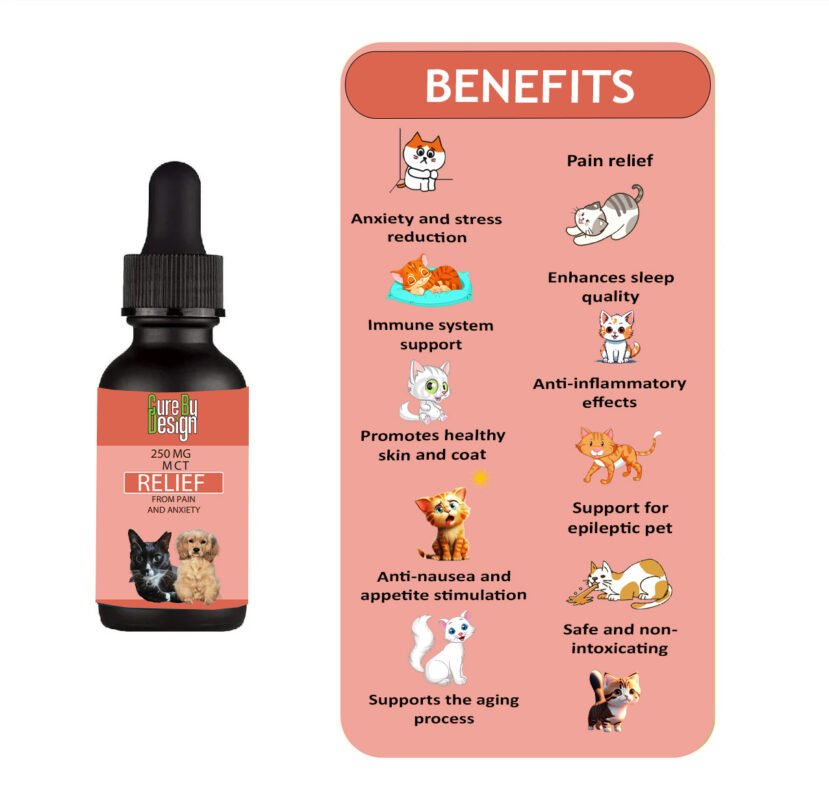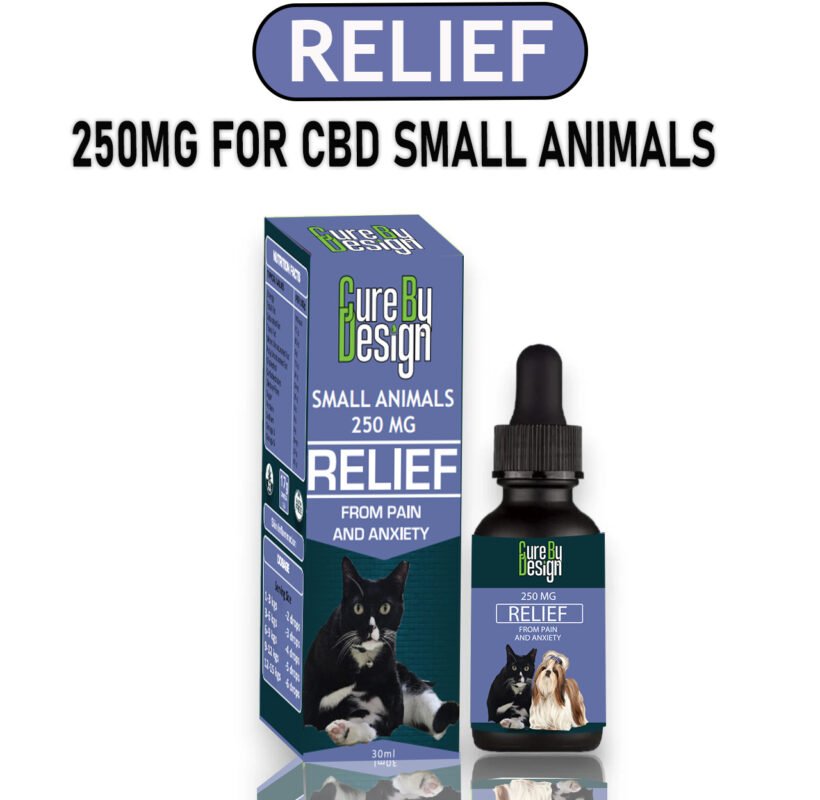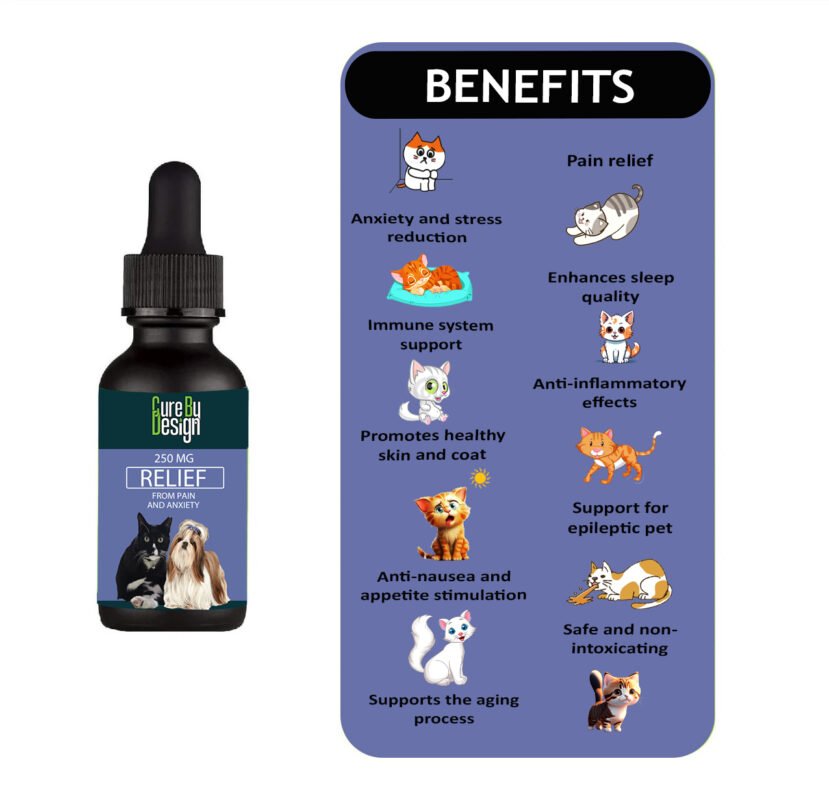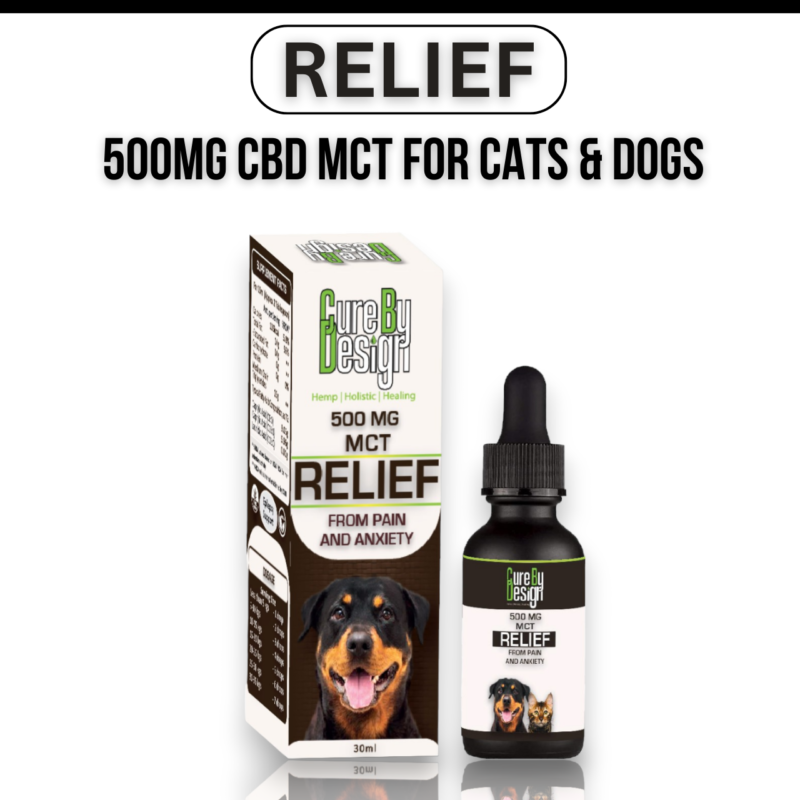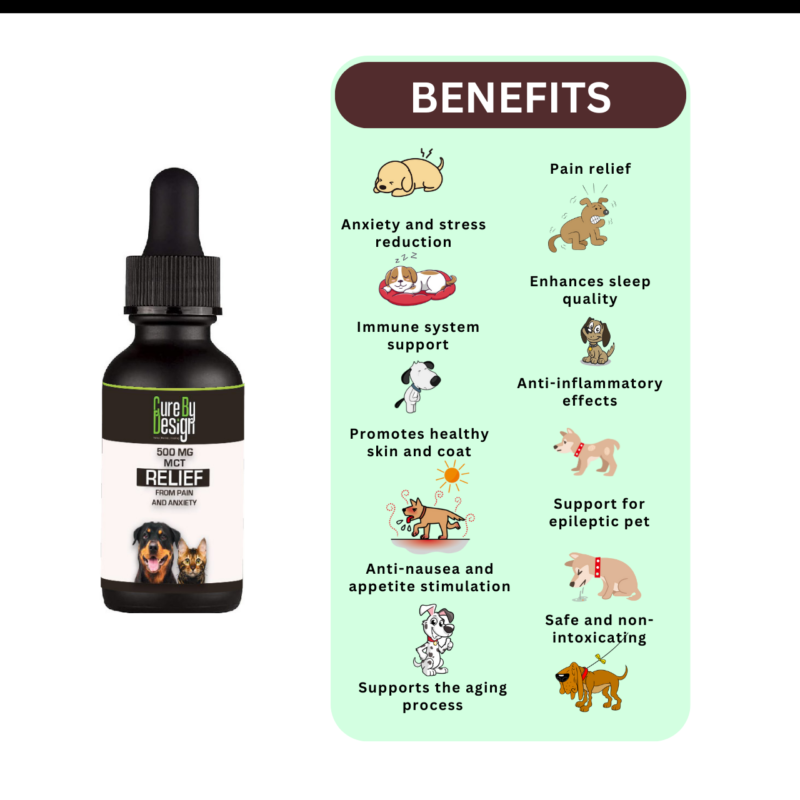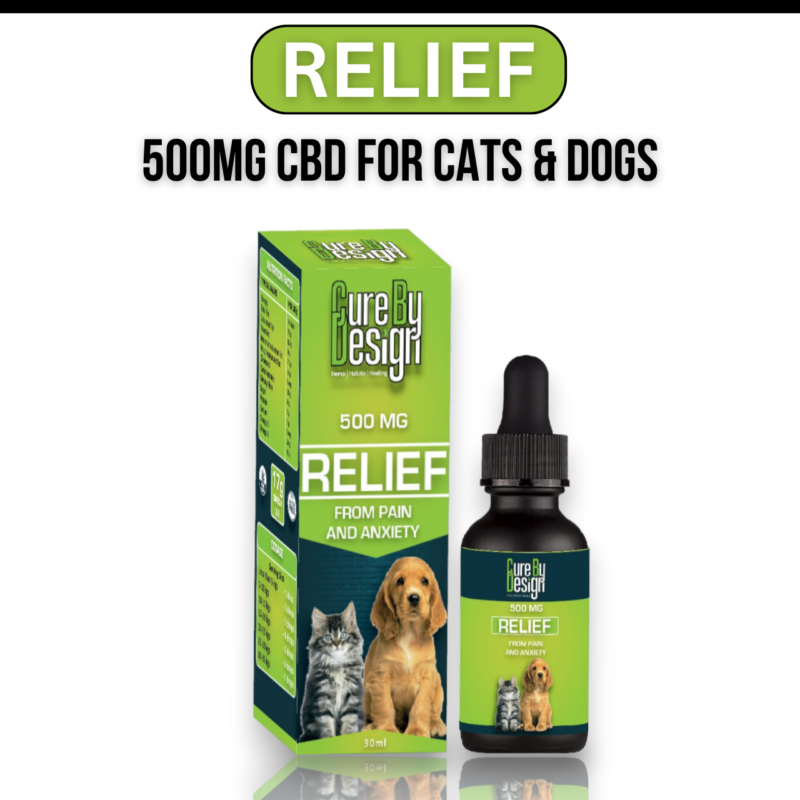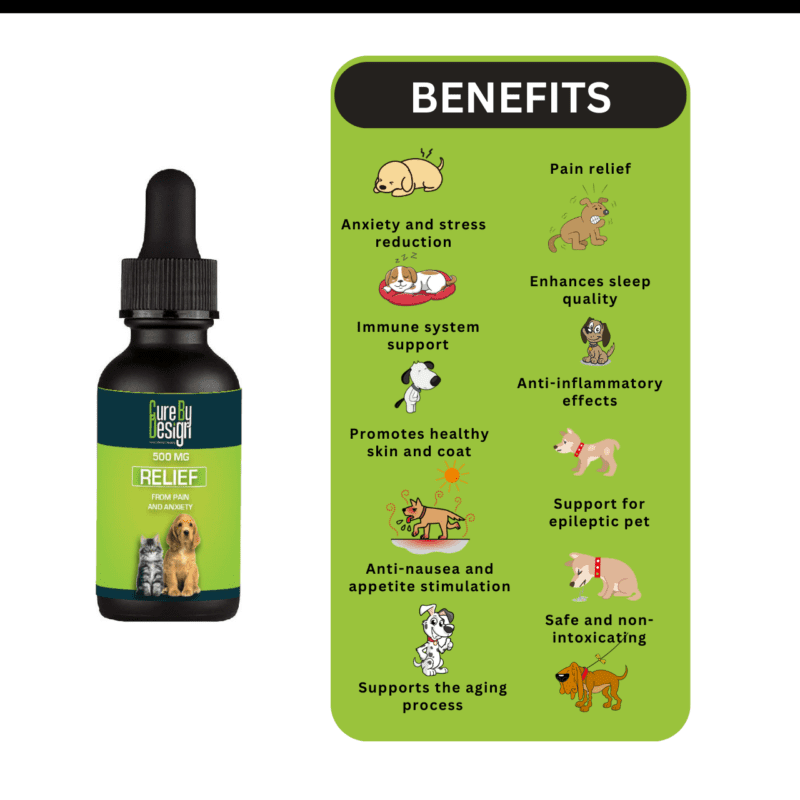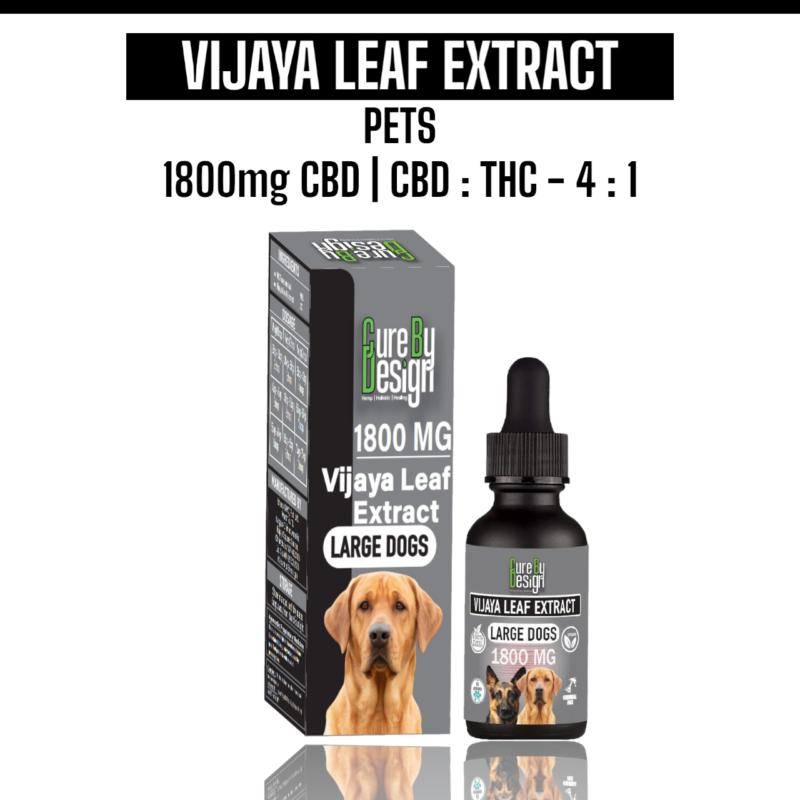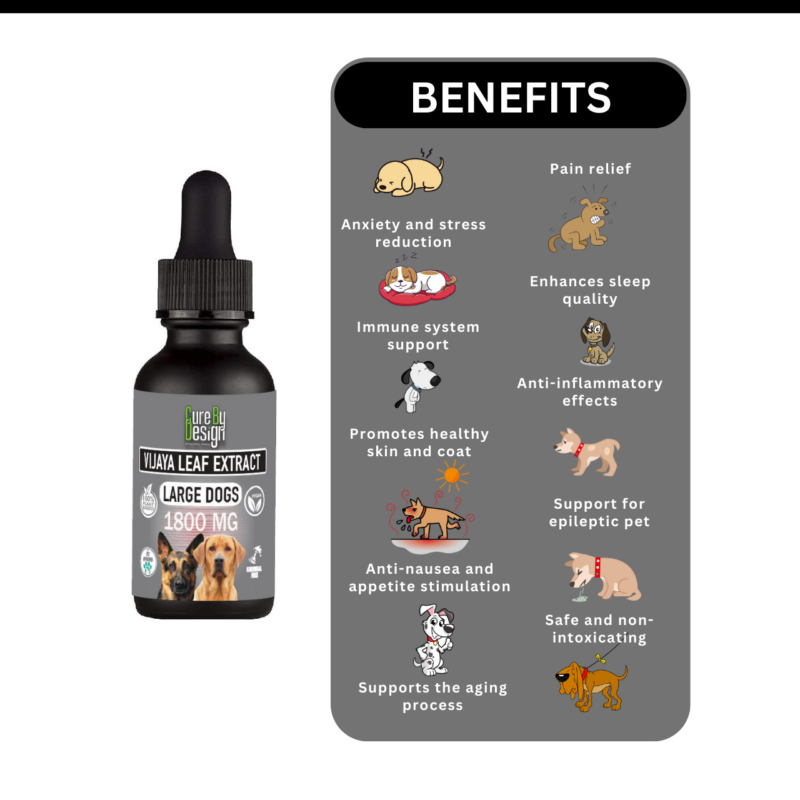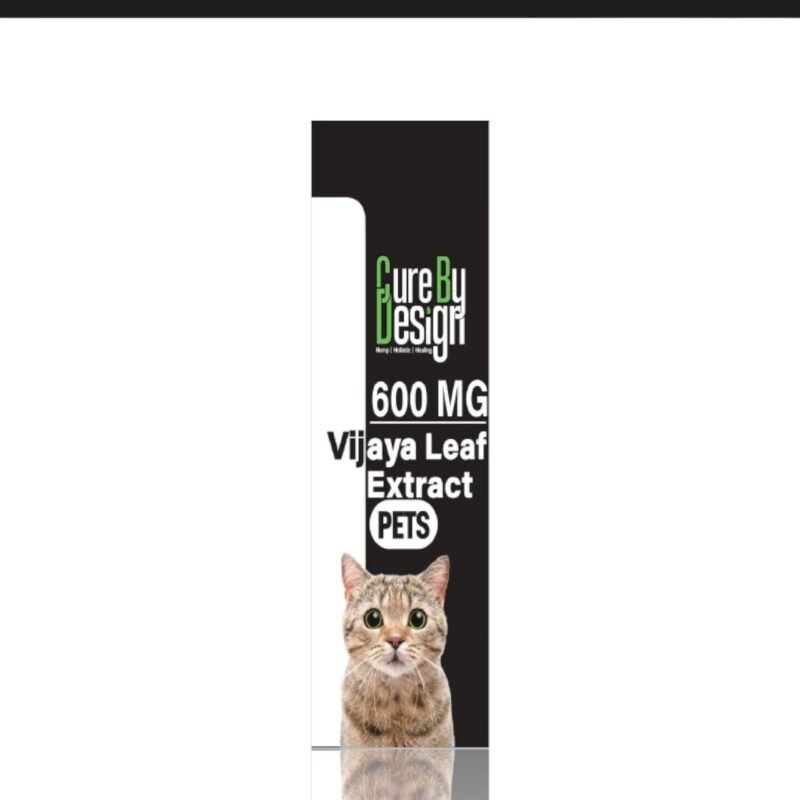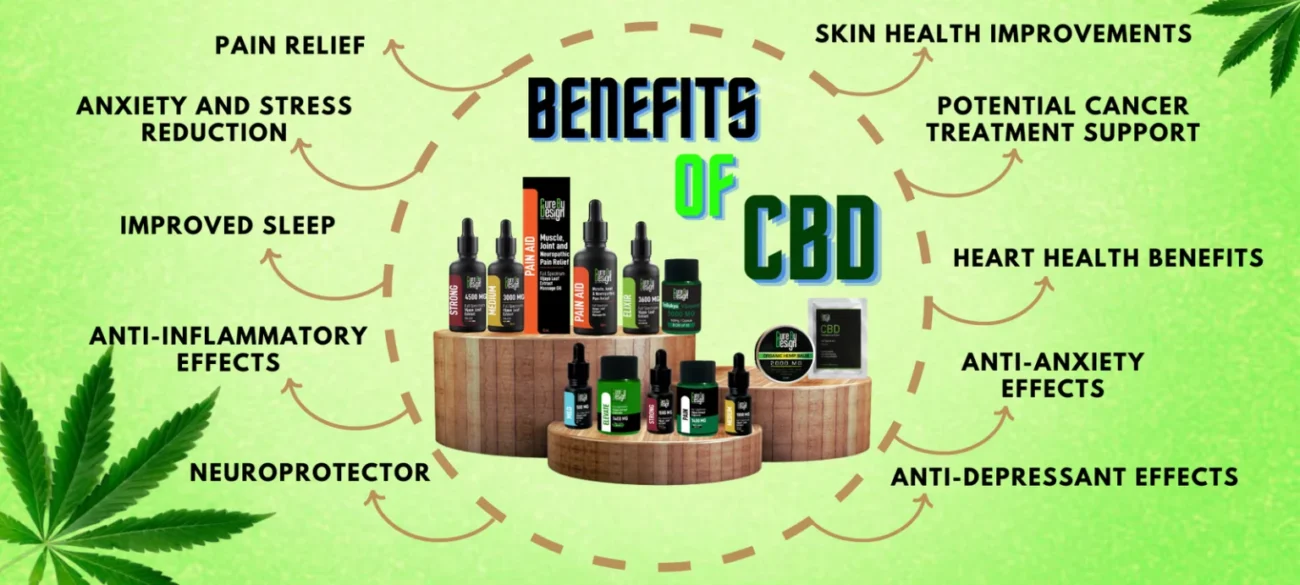Hemp Seeds Nutrition Facts, Benefits, and How to Use Them

Table of Contents
- What Are Hemp Seeds and Where Do They Come From
- Detailed Nutritional Profile of Hemp Seeds
- How Hemp Seeds Support Heart Health
- Benefits of Hemp Seeds for Skin Care
- Hemp Seeds as a Plant-Based Protein Source
- Anti-Inflammatory Effects of Hemp Seeds
- Role of Hemp Seeds in Digestive Health
- Impact of Hemp Seeds on Brain and Cognitive Health
- Hemp Seeds and Hormonal Balance
- How Hemp Seeds Boost the Immune System
- Ways to Eat and Cook with Hemp Seeds
- Using Hemp Seed Oil in Your Diet
- Making and Using Hemp Milk
- Comparing Hemp Seeds to Other Popular Seeds
- Possible Allergies and Side Effects of Hemp Seeds
- Proper Storage Tips to Keep Hemp Seeds Fresh
Hemp seeds come from the Cannabis sativa plant but contain almost no THC, so they won’t cause any psychoactive effects. These tiny seeds have been eaten for thousands of years and are now considered a superfood thanks to their rich nutrient content. In just 30 grams, they provide about 9 to 10 grams of complete protein with all essential amino acids, along with healthy fats like omega-3 and omega-6 in a balanced ratio. They also offer vitamins E and B, minerals like magnesium and zinc, plus fiber if eaten with the shell. You can easily add them to salads, smoothies, baked goods, or use their oil as a finishing touch on dishes for an added nutrition boost.
What Are Hemp Seeds and Where Do They Come From
Hemp seeds are the edible seeds of the Cannabis sativa plant, specifically grown for industrial and nutritional purposes rather than for any psychoactive effects. These seeds come from hemp plants that contain very low levels of THC, the compound responsible for the high in marijuana, making them safe and legal for consumption in many places. Cultivated for thousands of years across various cultures, hemp has been valued not only for its seeds but also for its fiber and medicinal uses. The seeds themselves are small, round, and typically brownish-green with a hard outer shell. When the shell is removed, what remains are called shelled hemp seeds or hemp hearts, which are easier to digest and have a mild, nutty flavor. Due to this pleasant taste, hemp seeds are quite versatile in cooking and can be added to a range of dishes. Hemp plants thrive in many temperate climates around the world, and the seeds mature by late summer. They are harvested either when they naturally fall from the plant or by gentle shaking. Unlike marijuana seeds, hemp seeds differ significantly in their chemical makeup and legal status, as they do not produce psychoactive effects. Today, hemp seeds are recognized as a sustainable and nutrient-rich superfood, appreciated for their dense nutrient profile and environmental benefits.
Detailed Nutritional Profile of Hemp Seeds
A 30-gram serving of hemp seeds delivers about 160 to 170 calories, making them a nutrient-dense addition to your diet. They provide 9 to 10 grams of complete protein, which means they contain all nine essential amino acids necessary for the body to build and repair tissue. This makes hemp seeds one of the few plant-based sources offering a complete protein profile. In terms of fats, hemp seeds are rich with 13 to 14 grams per serving, primarily polyunsaturated fats. These include omega-3 and omega-6 fatty acids in an ideal ratio close to 3:1, which supports a balanced fat intake important for heart and brain health. Notably, they contain gamma-linolenic acid (GLA), a rare omega-6 fat linked to anti-inflammatory effects and hormonal balance. Carbohydrate content is low, around 2 to 3 grams per serving, with about 1 gram of mostly insoluble fiber that aids digestion and promotes gut health. Hemp seeds also pack a range of essential micronutrients such as vitamin E, niacin (B3), riboflavin (B2), and folate (B9), which contribute to antioxidant protection and energy metabolism. Minerals like magnesium, phosphorus, potassium, calcium, iron, and zinc are present in significant amounts, supporting bone health, oxygen transport, and immune function. Additionally, hemp seeds contain phytosterols that help reduce cholesterol absorption, and antioxidant compounds called lignanamides, which offer neuroprotective and anti-inflammatory benefits. This rich nutrient combination makes hemp seeds a versatile and powerful superfood to incorporate into various diets.
How Hemp Seeds Support Heart Health
Hemp seeds are a heart-friendly food thanks to their rich content of omega-3 and omega-6 fatty acids, which work together to lower bad LDL cholesterol and boost good HDL cholesterol. This balance helps reduce the risk of clogged arteries. They also contain gamma-linolenic acid (GLA), a special omega-6 fat that may help reduce inflammation linked to heart disease. Phytosterols in hemp seeds play a role by limiting cholesterol absorption in the digestive tract, further supporting healthy cholesterol levels. Regularly eating hemp seeds can contribute to lowering blood pressure and improving blood flow, which reduces strain on the cardiovascular system. The healthy fats in hemp seeds improve artery function and help prevent plaque buildup that can lead to heart attacks or strokes. Magnesium, another important mineral found in hemp seeds, supports a steady heart rhythm and proper muscle function, both essential for cardiovascular health. Additionally, antioxidants found in hemp seeds protect blood vessels from oxidative damage, while their anti-inflammatory effects help reduce chronic low-grade inflammation that stresses the heart. By promoting better circulation and reducing the risk of blood clots, hemp seeds support overall vascular health. Including them as part of a balanced diet provides a natural way to strengthen heart function and maintain a healthy cardiovascular system.
Benefits of Hemp Seeds for Skin Care
Hemp seed oil is a valuable ingredient in skin care due to its rich content of essential fatty acids, which deeply moisturize and nourish the skin. Its balanced omega-6 to omega-3 ratio supports the skin’s barrier function, helping to maintain hydration and protect against environmental damage. One standout component, gamma-linolenic acid (GLA), is known for its ability to reduce redness and irritation, making hemp seed oil beneficial for conditions like eczema and psoriasis. Vitamin E in hemp seed oil acts as a powerful antioxidant, shielding skin cells from UV damage and slowing signs of aging. Additionally, its anti-inflammatory properties help calm acne-prone skin without clogging pores, making it suitable for sensitive skin types. Regular topical use can improve skin elasticity, reduce dryness, and promote wound healing by supporting skin repair mechanisms. The fatty acids also encourage collagen production, which is essential for youthful, resilient skin. Because hemp seed oil absorbs easily and acts as a natural emollient, it offers a gentle alternative to synthetic moisturizers, providing hydration without heaviness or irritation.
Hemp Seeds as a Plant-Based Protein Source
Hemp seeds are a standout plant-based protein source because they offer complete protein, meaning they contain all nine essential amino acids the body cannot produce on its own. A 30-gram serving typically provides 9 to 10 grams of protein, which is higher than many other seeds. This makes hemp seeds especially valuable for vegetarians, vegans, or anyone looking to reduce animal products while still meeting protein needs. The proteins in hemp seeds, primarily edestin and albumin, are highly digestible compared to many other plant proteins, allowing the body to absorb and use them efficiently. These proteins support muscle repair, growth, and maintenance, which is crucial for overall health and physical activity. Beyond muscle, the amino acids from hemp protein contribute to the production of enzymes and hormones that regulate numerous bodily functions. Incorporating hemp seeds into meals is an easy way to boost protein content without relying on animal sources. They can be eaten raw, sprinkled over dishes, or used in protein powders and supplements for a more concentrated intake. Hemp seed protein also plays a role in supporting immune function and general metabolic health, making it a well-rounded addition to a balanced diet focused on plant-based nutrition.
Anti-Inflammatory Effects of Hemp Seeds
Hemp seeds are a notable source of gamma-linolenic acid (GLA), a rare omega-6 fatty acid known for its anti-inflammatory properties. GLA helps reduce inflammation by supporting the body’s natural response to chronic inflammatory conditions like arthritis, easing joint pain and stiffness. Alongside GLA, hemp seeds contain omega-3 fatty acids that further lower inflammation markers, contributing to overall health benefits. The presence of antioxidants such as lignanamides also plays a crucial role by neutralizing free radicals that trigger inflammation. This combination of anti-inflammatory fats and antioxidants helps protect tissues and supports immune system balance without suppressing it, making hemp seeds beneficial for autoimmune conditions. Regular consumption may improve inflammation-related skin issues like eczema and psoriasis by enhancing skin barrier function and reducing redness. Additionally, the inflammation reduction linked to hemp seeds supports cardiovascular health by lowering inflammatory stress on blood vessels and promotes brain health by protecting neurons from oxidative damage. Incorporating hemp seeds into your diet can help maintain a healthy inflammatory balance, supporting joint comfort, immune modulation, and overall well-being.
Role of Hemp Seeds in Digestive Health
Hemp seeds play a valuable role in supporting digestive health, primarily due to their fiber content. Whole hemp seeds provide insoluble fiber found in their shells, which helps promote regular bowel movements by supporting gut motility and preventing constipation. This fiber also acts as food for beneficial gut bacteria, encouraging a balanced microbiome that is essential for overall digestive wellness. Since hemp seeds are low in carbohydrates and sugars, they are suitable for people with digestive conditions sensitive to sugar intake. Additionally, the healthy fats in hemp seeds help lubricate the digestive tract, easing the passage of food and waste. Nutrients in hemp seeds contribute to repairing and maintaining the intestinal lining, which is vital for proper nutrient absorption and gut barrier function. Consuming hemp seeds may also help reduce symptoms of irritable bowel syndrome (IBS), such as bloating and discomfort, making them a gentle option for enhancing gut comfort. Whether eaten whole or shelled, incorporating hemp seeds into the diet supports healthy digestion and promotes a well-functioning digestive system.
Impact of Hemp Seeds on Brain and Cognitive Health
Hemp seeds are a valuable addition to the diet when it comes to supporting brain and cognitive health. Their rich content of omega-3 fatty acids helps maintain the structure and function of brain cells, which is essential for clear thinking and memory. The balanced ratio of omega-6 to omega-3 fatty acids in hemp seeds supports effective neural communication and brain plasticity, allowing the brain to adapt and process information efficiently. Antioxidants found in hemp seeds protect brain cells from oxidative stress, which can lead to aging and cognitive decline. Gamma-linolenic acid (GLA), a unique fatty acid present in hemp seeds, may help improve mood and reduce mental fatigue, contributing to better focus and emotional balance. Regular consumption of hemp seeds has been linked to supporting healthy nerve function and maintaining the myelin sheath, the protective layer around nerves, which is vital for quick and accurate signal transmission. This protective effect, along with the anti-inflammatory properties of hemp seed nutrients, may help lower the risk or delay the progression of neurodegenerative diseases like Alzheimer’s. Furthermore, the fatty acids in hemp seeds are crucial for brain development in infants and children, aiding cognitive growth and function. Including hemp seeds in your diet can contribute to overall mental clarity, sharper focus, and long-term brain health.
Hemp Seeds and Hormonal Balance
Hemp seeds contain gamma-linolenic acid (GLA), a unique fatty acid that plays a key role in regulating hormone production and maintaining balance. GLA supports the creation of prostaglandins, hormone-like compounds that influence various hormonal activities, including those related to the reproductive system. This can help ease common PMS symptoms such as mood swings and menstrual cramps. For women going through menopause, hemp seeds may reduce discomfort and hot flashes, offering gentle, natural support. Additionally, hemp seeds are rich in zinc and magnesium, minerals essential for healthy endocrine system function. These nutrients contribute to the proper functioning of the adrenal and thyroid glands, which are central to hormone regulation. The healthy fats in hemp seeds also help maintain cell membrane integrity, crucial for effective hormone signaling throughout the body. Beyond internal balance, hemp seeds can improve skin and hair health, often affected by hormonal fluctuations. Regular consumption may benefit reproductive health in both men and women by supporting hormonal stability. Overall, hemp seeds serve as a natural, nutrient-rich ally in maintaining balanced hormone levels and supporting overall endocrine health.
How Hemp Seeds Boost the Immune System
Hemp seeds play a valuable role in supporting a healthy immune system through their rich nutrient content. They provide zinc, a mineral essential for the proper function and development of immune cells, helping the body defend against infections. Vitamin E and other antioxidants found in hemp seeds protect immune cells from damage caused by free radicals, maintaining their effectiveness. The complete protein in hemp seeds supplies all nine essential amino acids needed to produce antibodies and other immune molecules crucial for fighting off pathogens. Their omega-3 fatty acids and gamma-linolenic acid (GLA) help regulate immune responses by reducing inflammation and preventing overactivation, which can lead to autoimmune issues. Additionally, magnesium in hemp seeds supports energy production within immune cells, ensuring they have the fuel to perform effectively. The seeds also contribute to wound healing and resistance to infections due to their combined nutrients. The fiber present in whole hemp seeds promotes gut health, where a significant portion of the immune system resides, further enhancing immune resilience. Regular consumption of hemp seeds may lower the chances of common infections and improve recovery from illness, making them a practical addition to a balanced diet focused on immune support.
Ways to Eat and Cook with Hemp Seeds
Hemp seeds are incredibly versatile and easy to incorporate into your daily meals. You can sprinkle shelled hemp seeds, also known as hemp hearts, over salads, yogurt, oatmeal, or smoothie bowls to add a pleasant nutty crunch along with a nutritional boost. Mixing them into baked goods like muffins, bread, granola bars, or protein bars is another simple way to increase the protein and healthy fat content of your snacks and treats. For quick and convenient energy, try adding hemp seeds to homemade energy balls or trail mixes. Blending hemp seeds into smoothies or shakes is a great option for a plant-based protein and omega fatty acid boost without altering the flavor much. They also work well in breakfast cereals or porridge, adding texture and extra nutrients, whether you use the whole seeds or the shelled hearts. To enhance the flavor and nutrition of your meals, incorporate hemp seeds into homemade pesto or salad dressings. You can also mix them into dips like hummus or guacamole for extra creaminess and a subtle nutty taste. Adding hemp seeds to ground meat or plant-based burger patties improves both texture and the nutrient profile of your patties. Use them as a crunchy topping on roasted vegetables or soups to bring a bit of texture along with extra health benefits. Lightly toasting hemp seeds before using them in recipes or as garnishes intensifies their natural nutty flavor, making them even more enjoyable.
- Sprinkle shelled hemp seeds (hemp hearts) on salads, yogurt, oatmeal, or smoothie bowls for a nutty crunch and nutritional boost
- Mix hemp seeds into baked goods like muffins, bread, granola bars, or protein bars to increase protein and healthy fat content
- Add hemp seeds to homemade energy balls or trail mixes for easy snack options
- Blend hemp seeds into smoothies or shakes for added plant-based protein and omega fatty acids
- Use whole or shelled hemp seeds in breakfast cereals or porridge for texture and extra nutrients
- Incorporate hemp seeds into homemade pesto or salad dressings to enhance flavor and nutrition
- Add hemp seeds to dips such as hummus or guacamole for extra creaminess and nutrients
- Mix hemp seeds into ground meat or plant-based burger patties to improve texture and nutrient profile
- Use hemp seeds as a topping on roasted vegetables or soups for added crunch and nutrition
- Toast hemp seeds lightly to intensify their nutty flavor before using in recipes or as garnish
Using Hemp Seed Oil in Your Diet
Cold-pressed hemp seed oil is best used as a finishing oil rather than a cooking oil. Drizzle it over salads, roasted vegetables, or grain bowls to add a mild nutty flavor while boosting your intake of omega-3 and omega-6 fatty acids. Because hemp seed oil has a low smoke point, avoid heating it above low temperatures to preserve its nutrients and prevent any bitter or unpleasant taste. You can mix hemp seed oil into dips, sauces, or homemade dressings, combining it with herbs and spices for extra flavor. Adding it to smoothies or shakes is another simple way to enjoy its health benefits without affecting the taste too much. It also works well as a replacement for other oils in recipes that don’t require cooking, like vinaigrettes or cold marinades. For a creamy texture and nutritional boost, try blending hemp seed oil with nut butters or yogurt. Some people take it straight by the spoonful as a convenient supplement for essential fatty acids. Hemp seed oil can even be incorporated into no-bake desserts, lending richness while contributing healthy fats. To keep it fresh, store hemp seed oil in the refrigerator or a cool, dark place to prevent it from going rancid.
Making and Using Hemp Milk
Hemp milk is a simple, nutritious dairy-free alternative you can easily make at home by blending soaked hemp seeds with water and then straining the mixture. This homemade plant-based milk is naturally creamy with a mild, nutty flavor that works well in many recipes. You can use hemp milk in smoothies, coffee, cereal, or baking just like you would any other milk substitute. To enhance its taste, try adding natural sweeteners such as dates or a splash of vanilla extract. Because hemp milk is rich in protein and healthy fats, it often provides more nourishment than many other plant milks. It also works well in soups or sauces, adding creaminess without the need for dairy. When storing homemade hemp milk, keep it refrigerated and consume it within 3 to 5 days to ensure freshness. Avoid boiling hemp milk, as heat can alter its flavor and texture. Commercial hemp milk products often come fortified with vitamins and minerals like calcium and vitamin D, and you can also blend hemp milk with other plant-based milks for varied taste and texture.
Comparing Hemp Seeds to Other Popular Seeds
Hemp seeds stand out among popular seeds primarily due to their high protein content and unique fatty acid profile. They provide about 9 to 10 grams of complete protein per 30 grams, which is significantly higher than chia and flaxseeds. This complete amino acid profile makes hemp seeds an excellent choice for those seeking plant-based protein sources. While chia and flaxseeds offer more fiber and omega-3 fatty acids, hemp seeds bring something different to the table with gamma-linolenic acid (GLA), a rare omega-6 fatty acid known for its anti-inflammatory benefits. Unlike flaxseeds, hemp seeds do not require grinding to unlock their nutrients, making them easier to use in everyday meals. Texture-wise, hemp seeds remain crunchy whether raw or soaked, whereas chia seeds form a gel-like consistency when soaked, which can be useful for thickening recipes but changes the mouthfeel. Pumpkin seeds, another popular choice, are rich in minerals like zinc and magnesium but have lower omega-3 content compared to hemp seeds. Additionally, hemp seeds have a balanced omega-6 to omega-3 ratio close to 3:1, which supports cardiovascular health by promoting healthy inflammation levels. Flavor-wise, hemp seeds offer a mild, nutty taste that is less earthy than flaxseeds and more pronounced than the neutral flavor of pumpkin seeds. Another nutritional difference is that flaxseeds contain lignans, antioxidants with hormone-like effects, while hemp seeds contain lignanamides, which have shown neuroprotective properties. Hemp seeds also provide vitamin E and phytosterols, compounds that are less abundant in other seeds and contribute to heart health by reducing cholesterol absorption. Overall, hemp seeds offer a well-rounded nutrient profile and versatility that make them a valuable addition to a balanced diet compared to other common seeds.
<<9-10<0.6<1<Complete protein, GLA-rich<<4.7<5<10<High fiber, omega-3 rich<<5.2<6.3<8<High fiber, lignans<<7<0.1<1.1<Zinc and magnesium rich
| Seed Type | Protein (g/30g) | Omega-3 (g) | Fiber (g) | Key Benefits |
|---|---|---|---|---|
| Hemp Seeds | ||||
| Chia Seeds | ||||
| Flaxseeds | ||||
| Pumpkin Seeds |
Possible Allergies and Side Effects of Hemp Seeds
Allergic reactions to hemp seeds are uncommon but can happen, especially in those sensitive to seeds. Symptoms may include itching, swelling, or digestive upset after consumption. People with existing seed allergies, such as to nuts or sesame, should introduce hemp seeds carefully and monitor for any adverse responses. Consuming large amounts of hemp seeds may lead to mild gastrointestinal issues like bloating or diarrhea due to their fiber and fat content. Since hemp seeds are rich in omega-3 fatty acids, there is a theoretical risk they could affect blood-thinning medications, so consulting a healthcare provider before use is advisable for those on such treatments. Although hemp seeds contain trace amounts of THC, they are very unlikely to cause any psychoactive effects. Some individuals may experience mild skin irritation when applying hemp seed oil topically, so a patch test is recommended. Given their dense nutrient profile and calorie content, excessive intake might contribute to unwanted weight gain. While hemp seed protein is generally well tolerated, sensitive individuals might encounter digestive discomfort. Cross-contamination is a concern if hemp seeds are processed in facilities handling common allergens, so purchasing from reputable sources is important to ensure quality and safety.
Proper Storage Tips to Keep Hemp Seeds Fresh
To maintain the freshness and nutritional value of hemp seeds, it’s essential to store them properly. Shelled hemp seeds should be kept in airtight containers to protect them from air and moisture, which can lead to spoilage. Whole hemp seeds with their shells intact have a longer shelf life compared to shelled hemp hearts, so if you’re not using them quickly, keeping the shells on can help preserve their quality. Both hemp seeds and hemp seed oil should be stored in cool, dark places away from heat and direct sunlight to prevent rancidity. For hemp seed oil, refrigeration after opening is recommended, and using opaque containers helps limit light exposure that can degrade the oil. Avoid storing hemp seeds near strong-smelling foods since they can absorb odors easily, affecting taste. Labeling containers with the purchase or opening date is a practical way to keep track of freshness, aiming to use hemp seeds within 6 to 12 months for the best flavor and nutrient retention. If you want to extend shelf life even further, freezing hemp seeds is an effective method that does not harm their nutrient content. Before using, always check for any off smells or discoloration as signs of spoilage to ensure you’re consuming fresh, high-quality seeds.
Frequently Asked Questions
1. What nutrients are found in hemp seeds, and how do they support overall health?
Hemp seeds are packed with protein, healthy fats (especially omega-3 and omega-6), fiber, vitamins, and minerals like magnesium and zinc. These nutrients work together to support heart health, boost immune function, and improve digestion.
2. Can hemp seeds help with inflammation or chronic health conditions?
Yes, the fatty acids in hemp seeds, particularly gamma-linolenic acid (GLA), have anti-inflammatory properties. Regular consumption may help reduce symptoms linked to chronic inflammation, such as arthritis or skin conditions, but they should be part of a balanced diet.
3. How should I add hemp seeds to my diet for maximum nutritional benefit?
You can sprinkle hemp seeds on salads, blend them into smoothies, mix them into yogurt, or incorporate them into baking recipes. Eating them raw or lightly toasted helps preserve their nutrients and ensures you get the most benefit.
4. Are there any risks or side effects from eating hemp seeds daily?
Generally, hemp seeds are safe for most people when eaten in moderation. However, overeating might cause mild digestive issues like bloating or diarrhea. Also, those on blood thinners should consult a doctor because of hemp’s blood-thinning compounds.
5. How do hemp seeds compare nutritionally to other seeds like flax or chia?
Hemp seeds have a balanced ratio of omega-3 to omega-6 fats, making them a great source of healthy fats. They also provide complete protein with all essential amino acids, unlike flax or chia, which are higher in fiber but lower in protein. Each seed has unique benefits, so including a variety is best.
TL;DR Hemp seeds are nutrient-packed seeds from the Cannabis sativa plant, low in THC and high in protein, healthy fats, vitamins, and minerals. They support heart health, skin care, brain function, digestion, hormonal balance, and the immune system. Thanks to their complete protein and anti-inflammatory fatty acids like GLA, they’re a great choice for plant-based diets. You can eat them raw, add them to recipes, use hemp seed oil as a finishing oil, or try homemade hemp milk. Store them properly to keep them fresh, and be aware of rare allergies or interactions. Overall, hemp seeds are a versatile superfood worth including in your diet.

